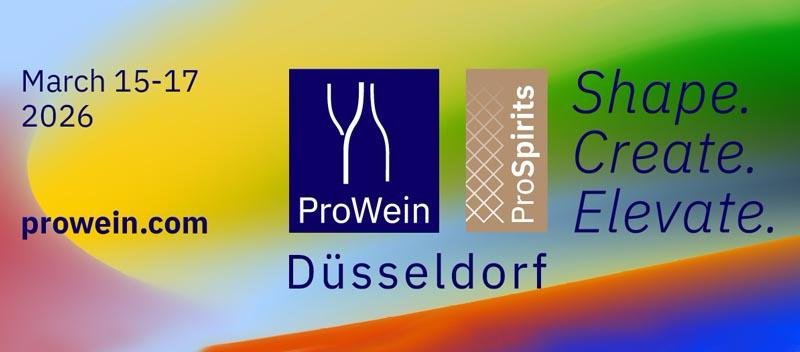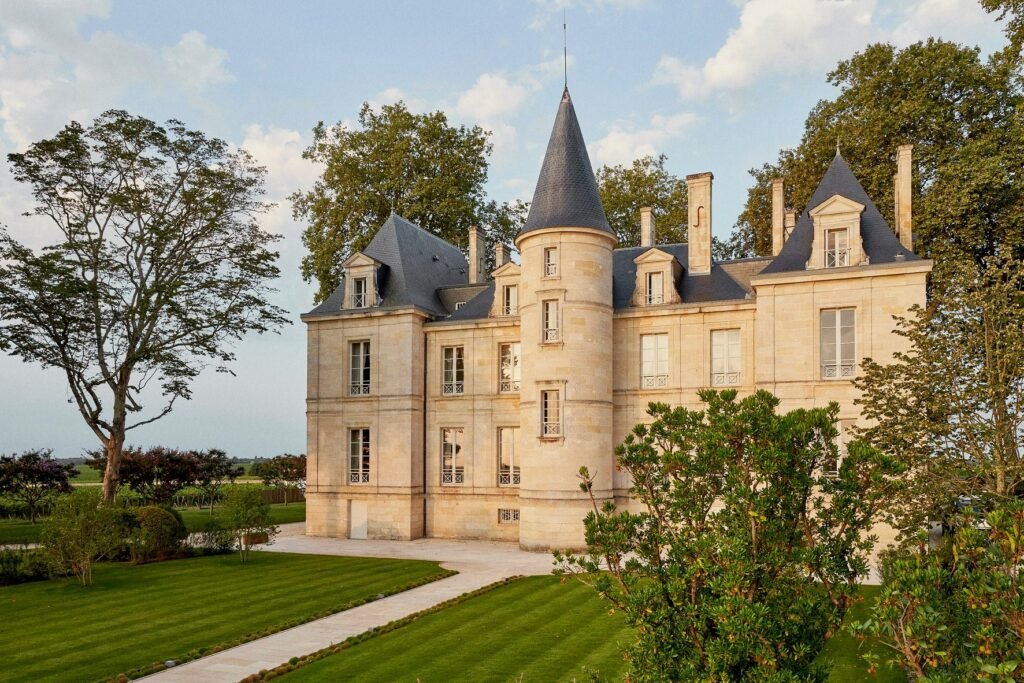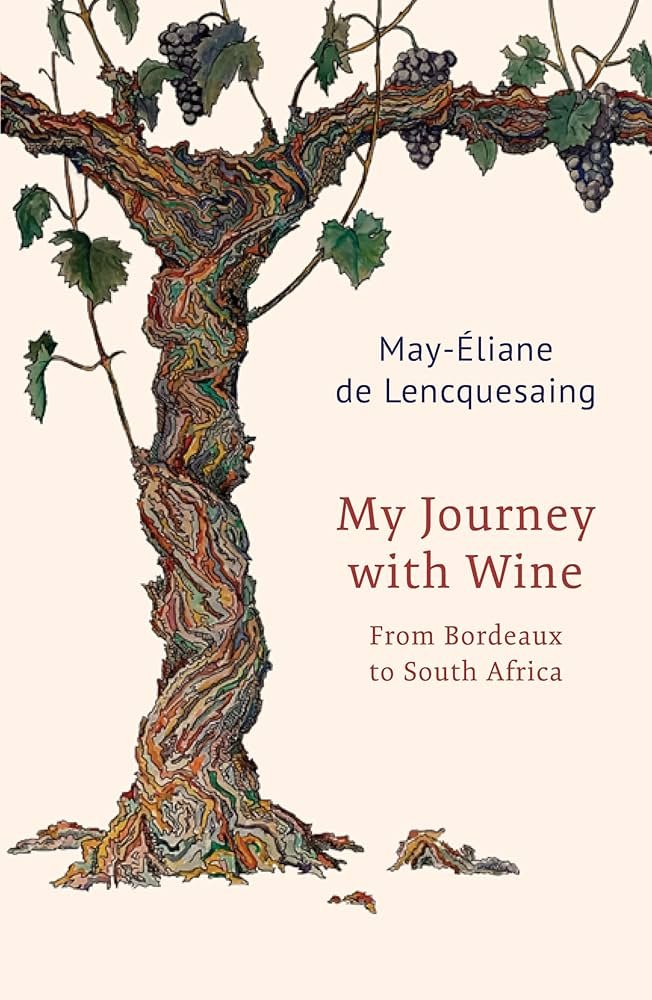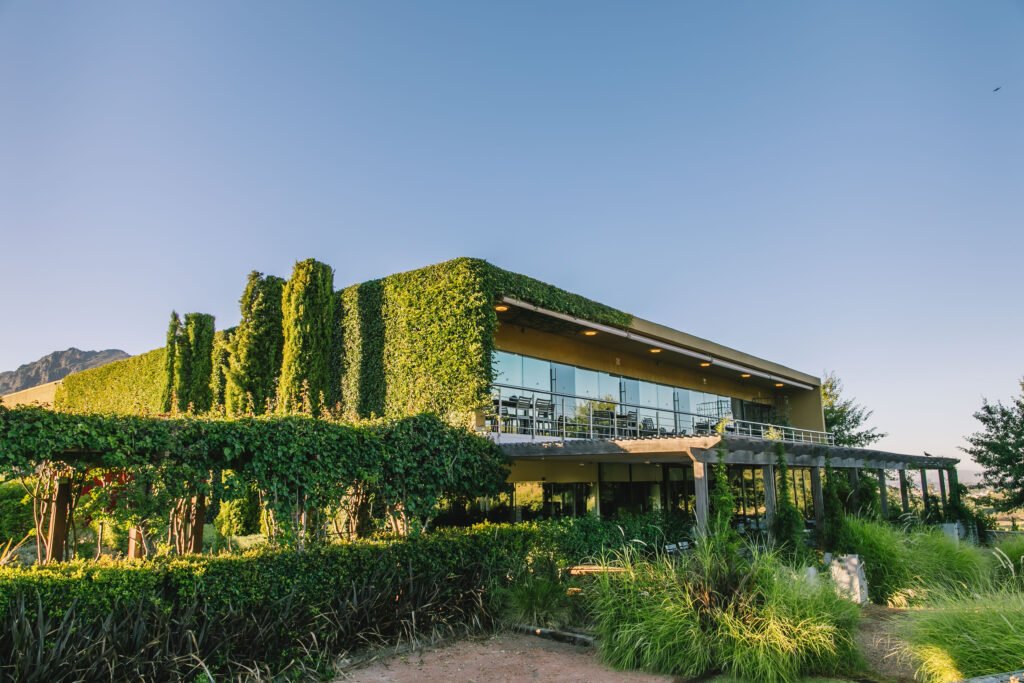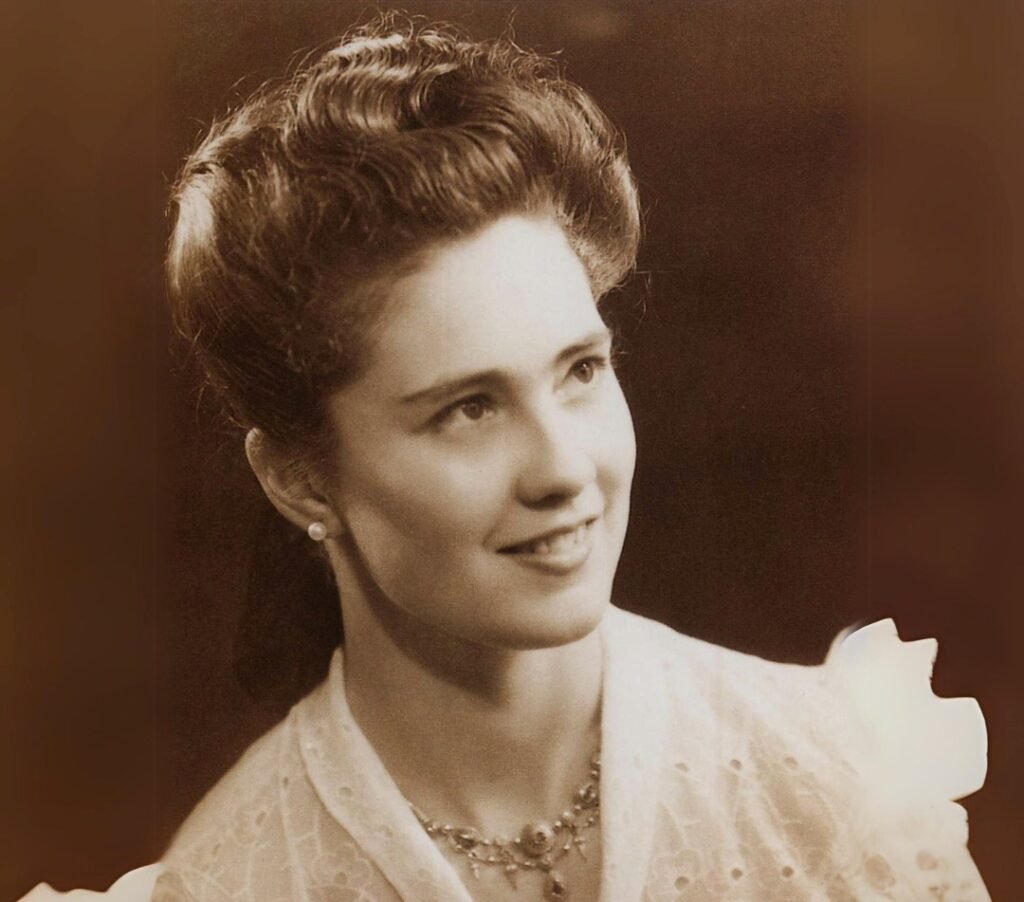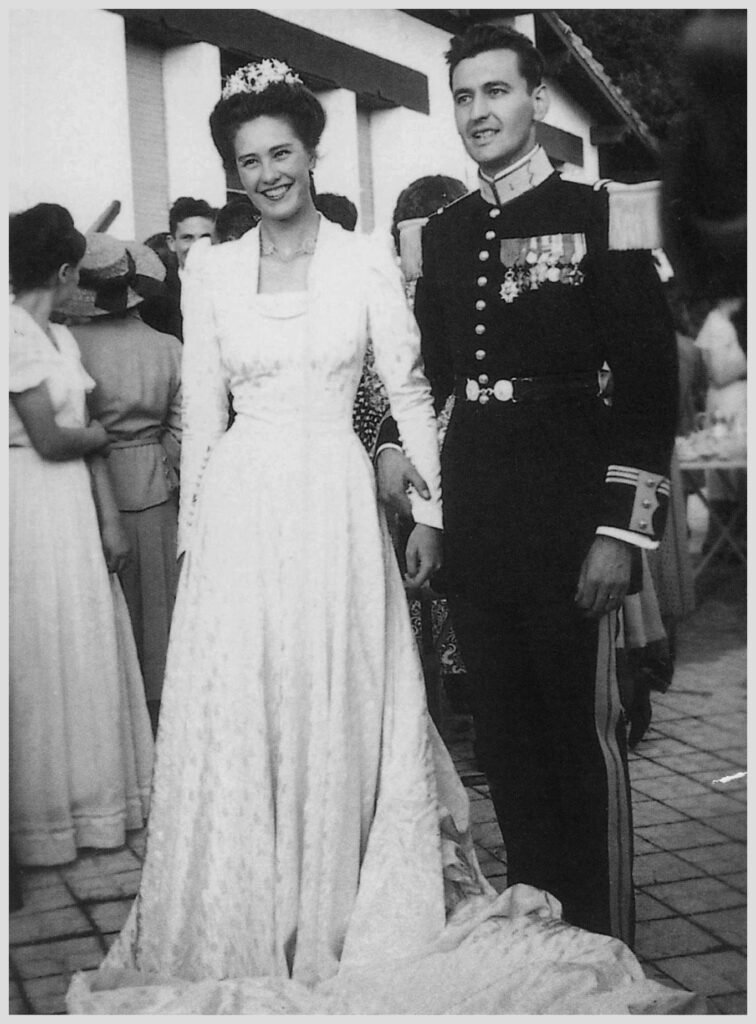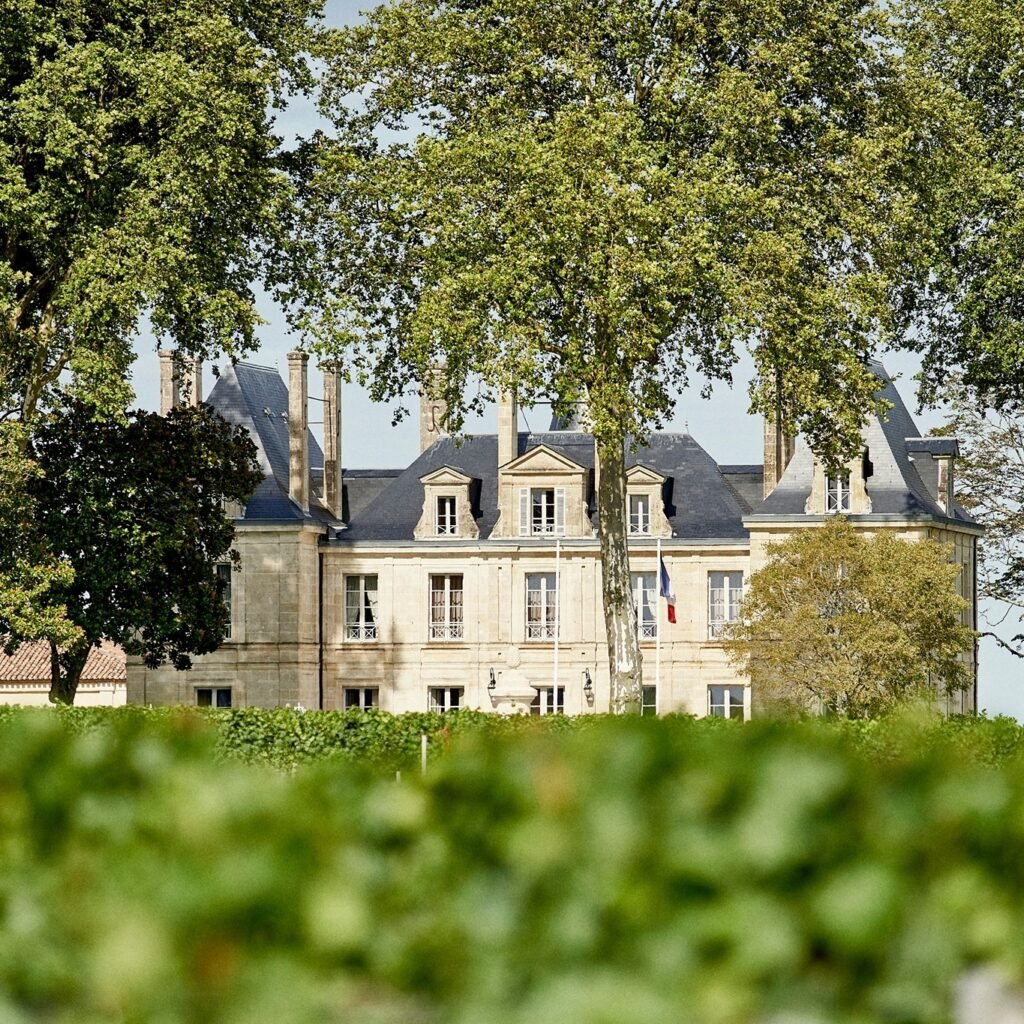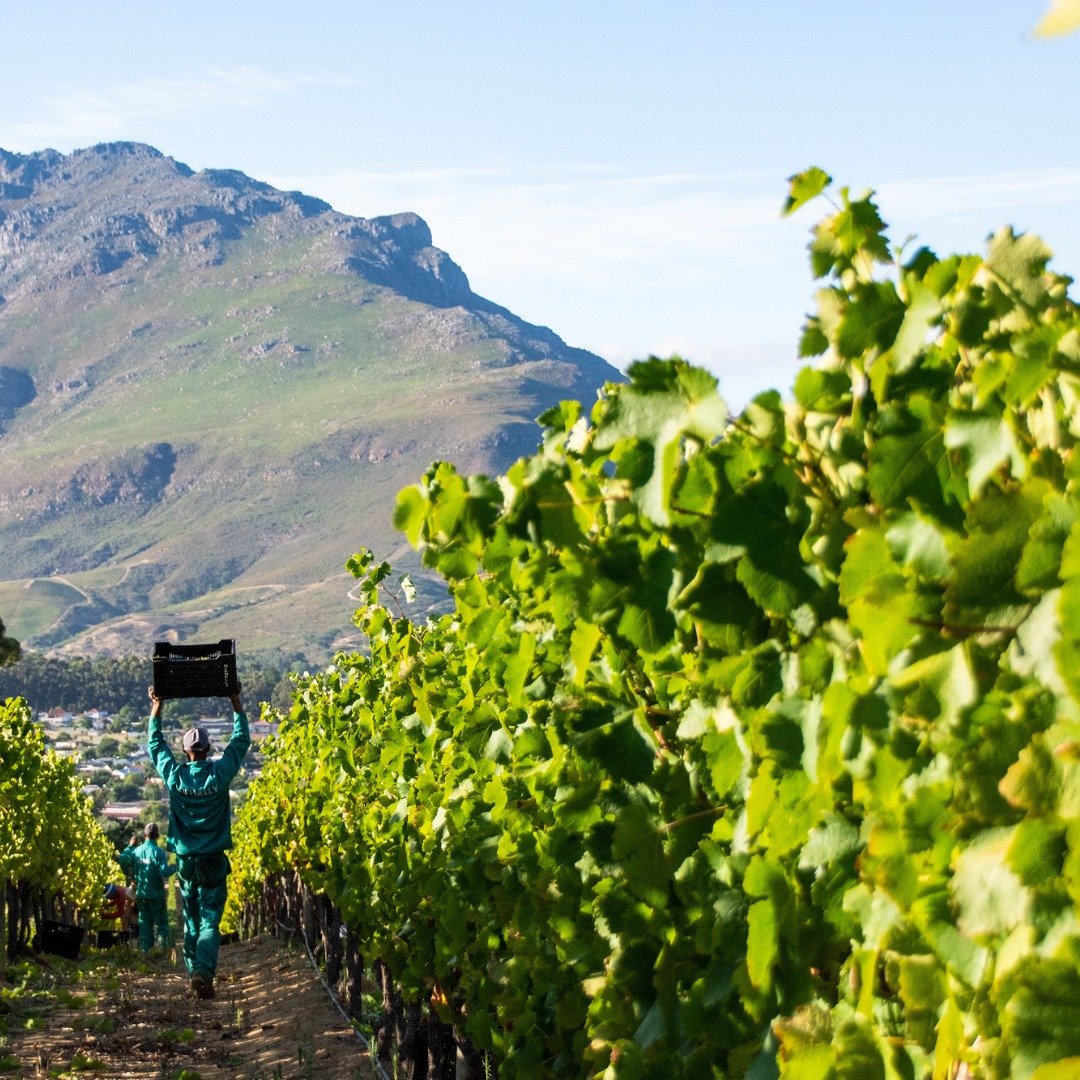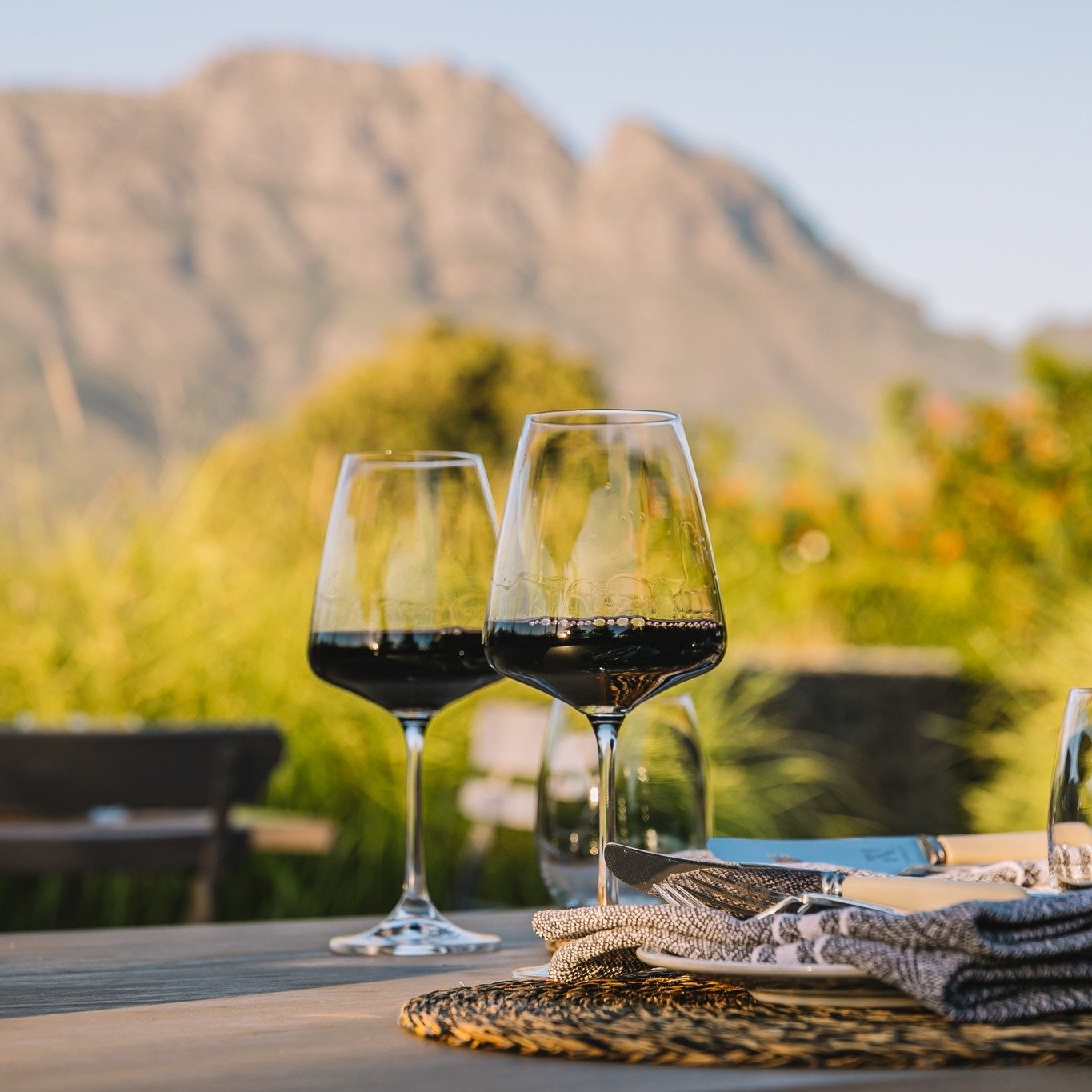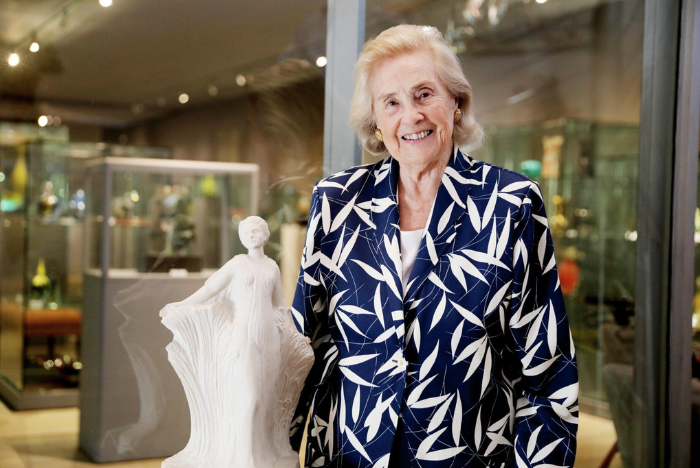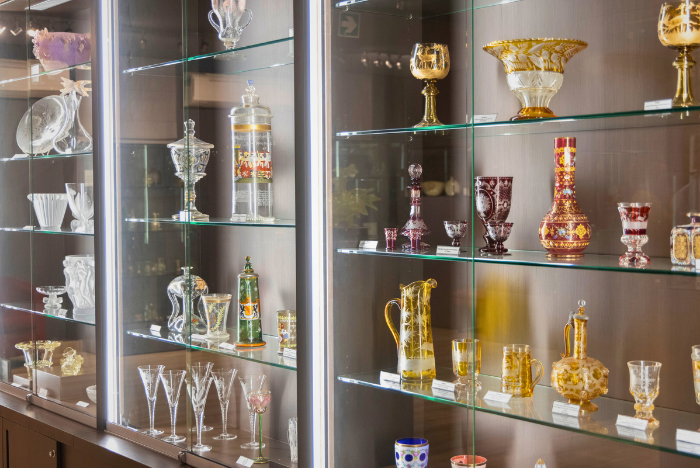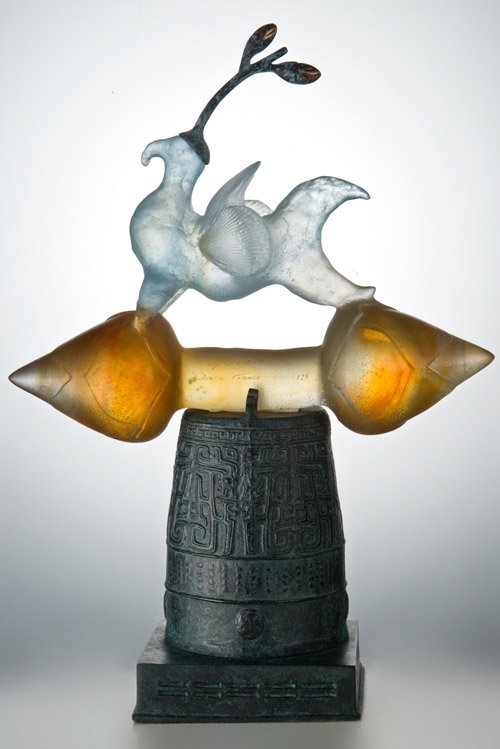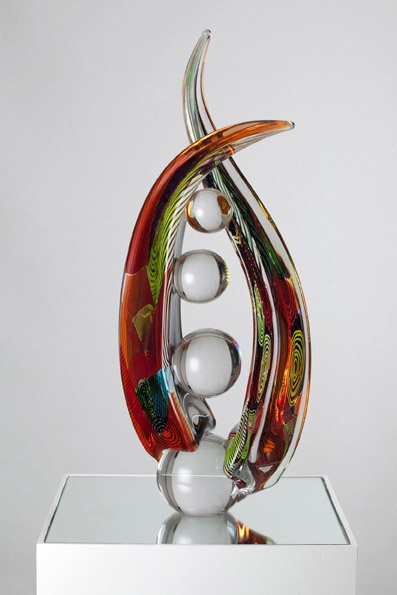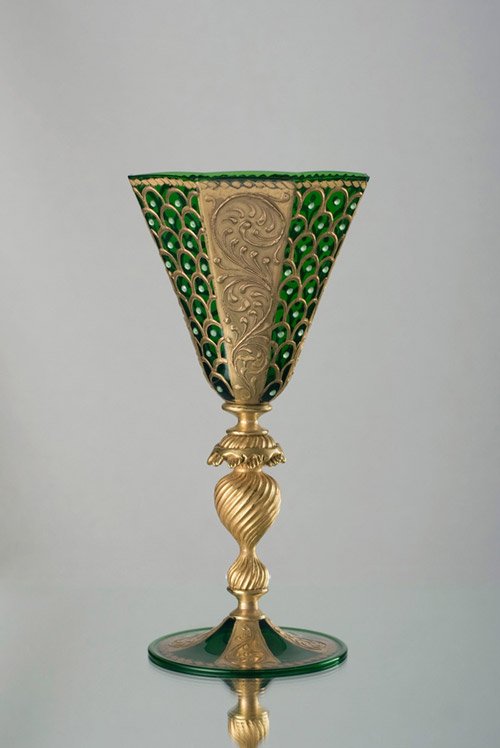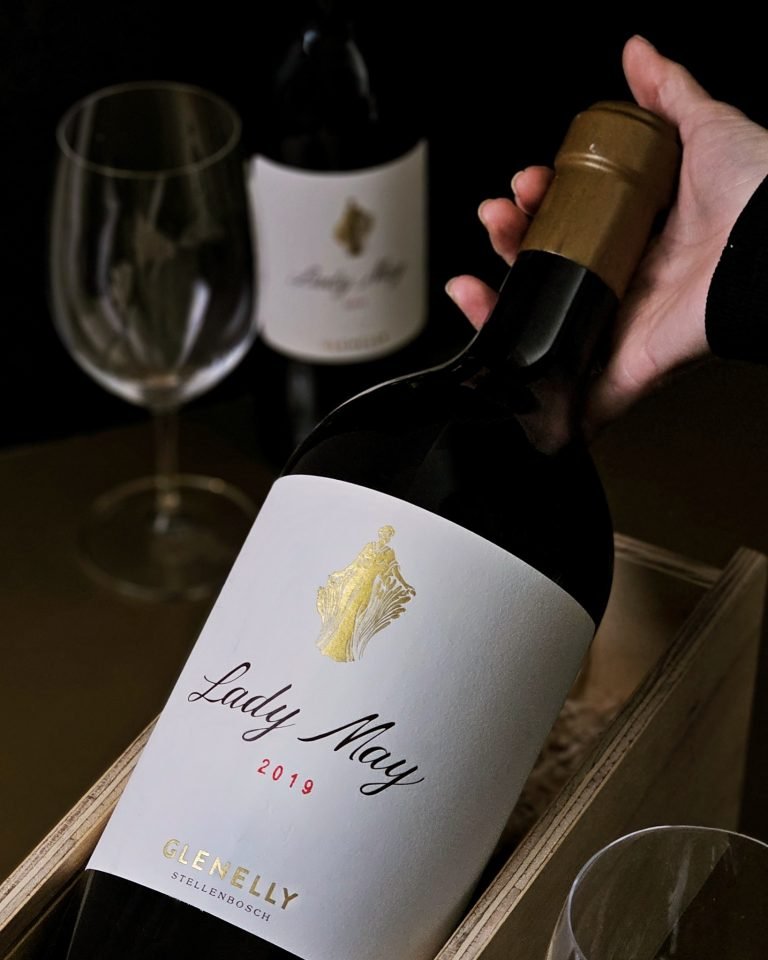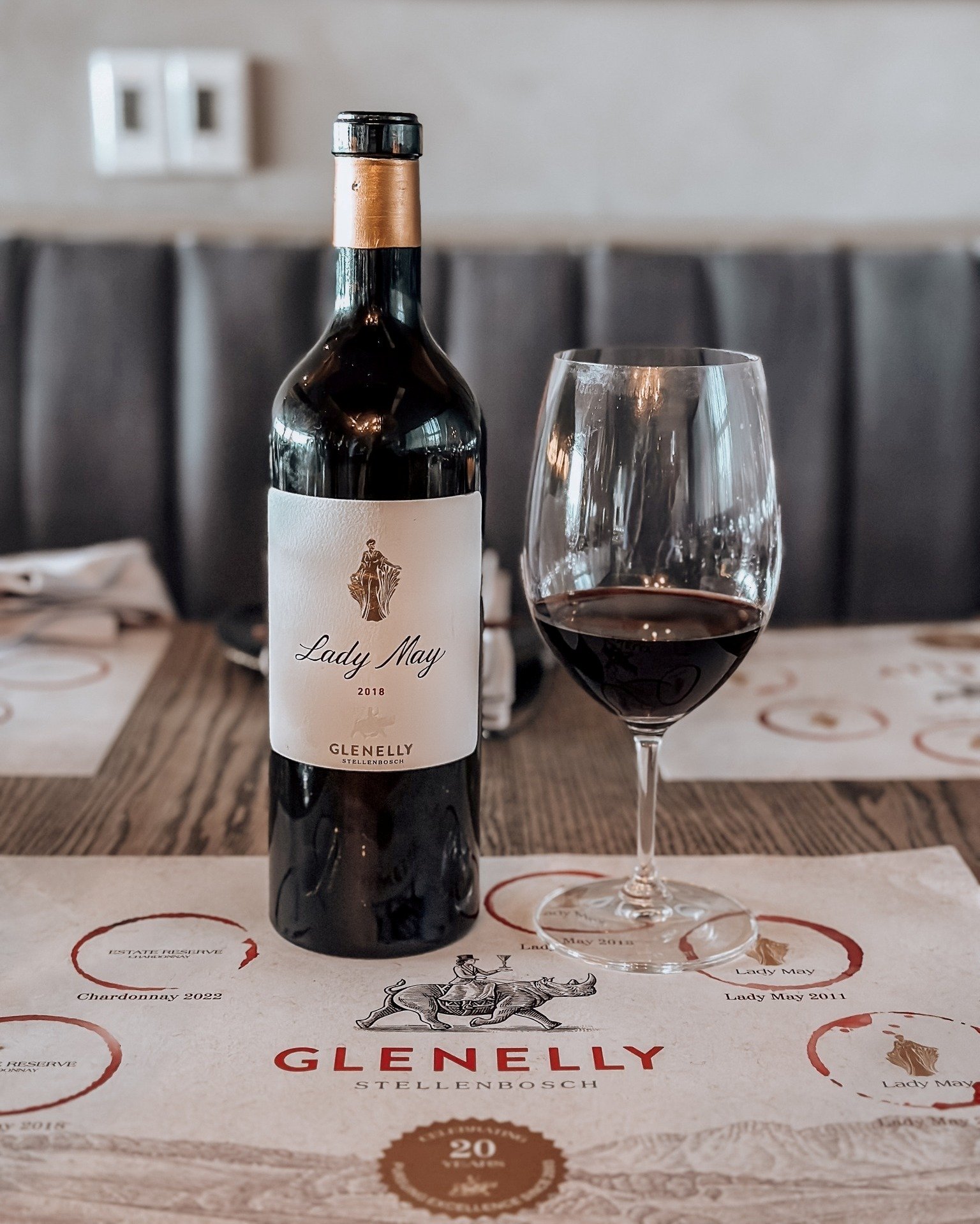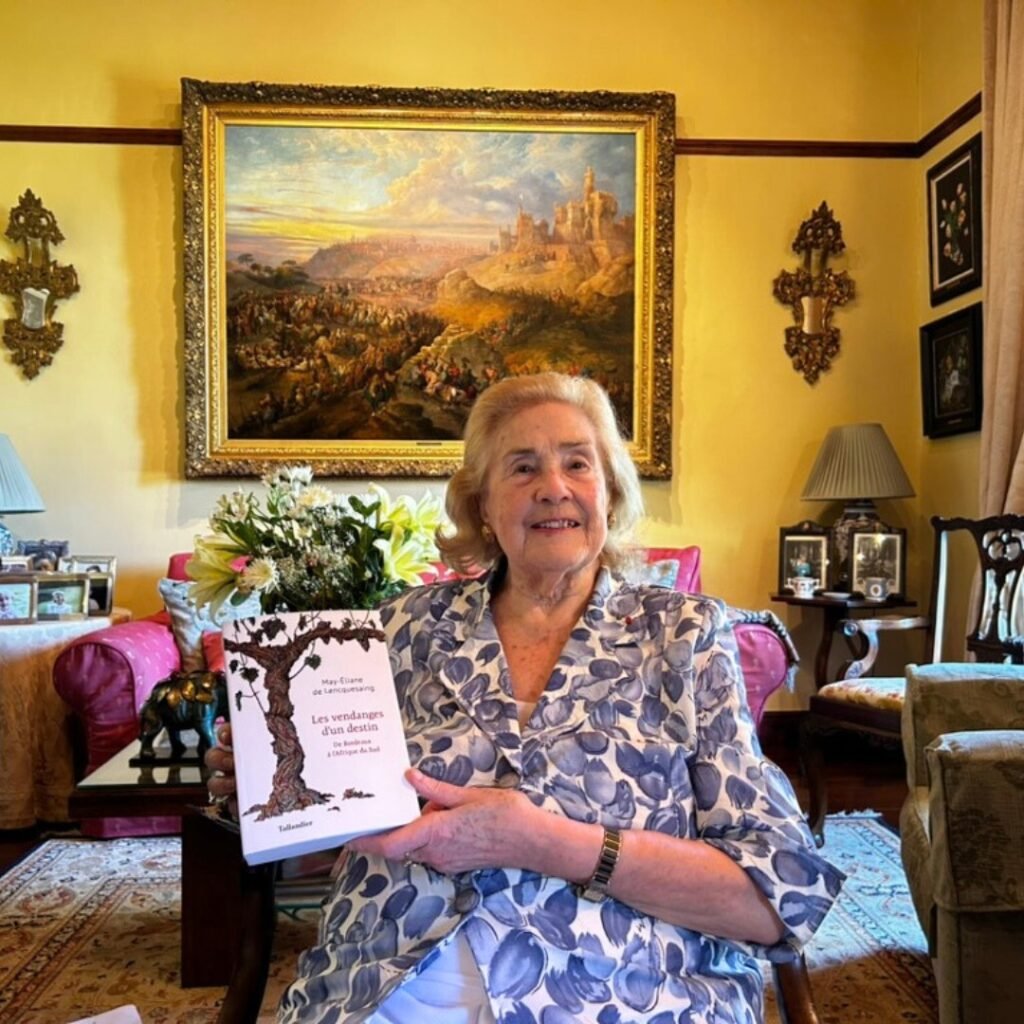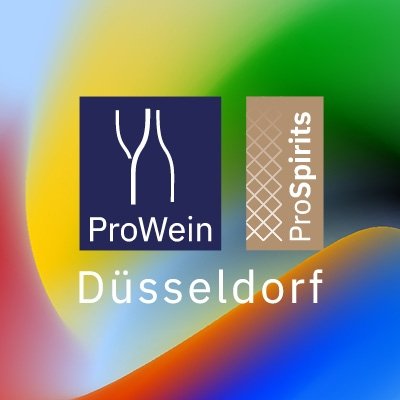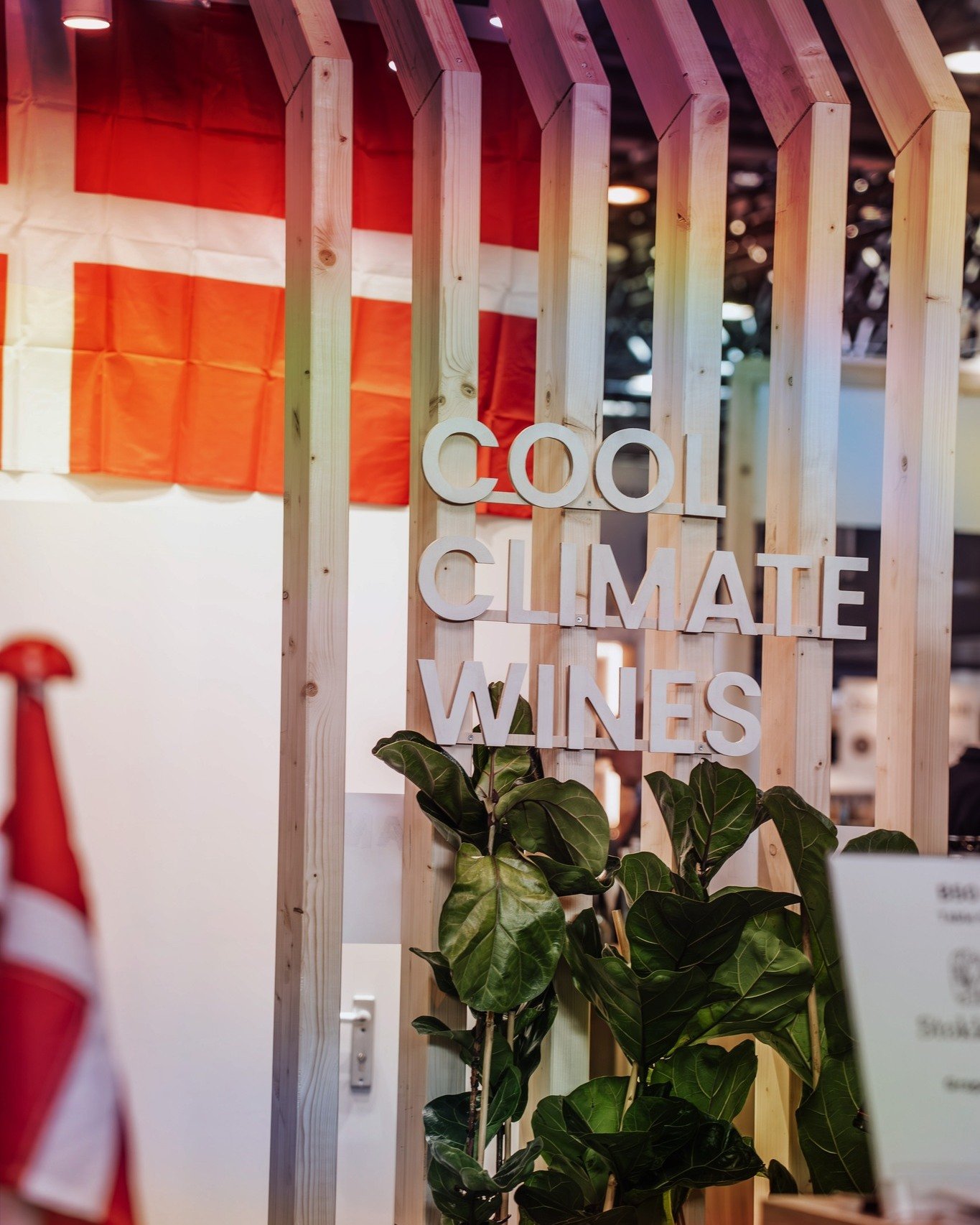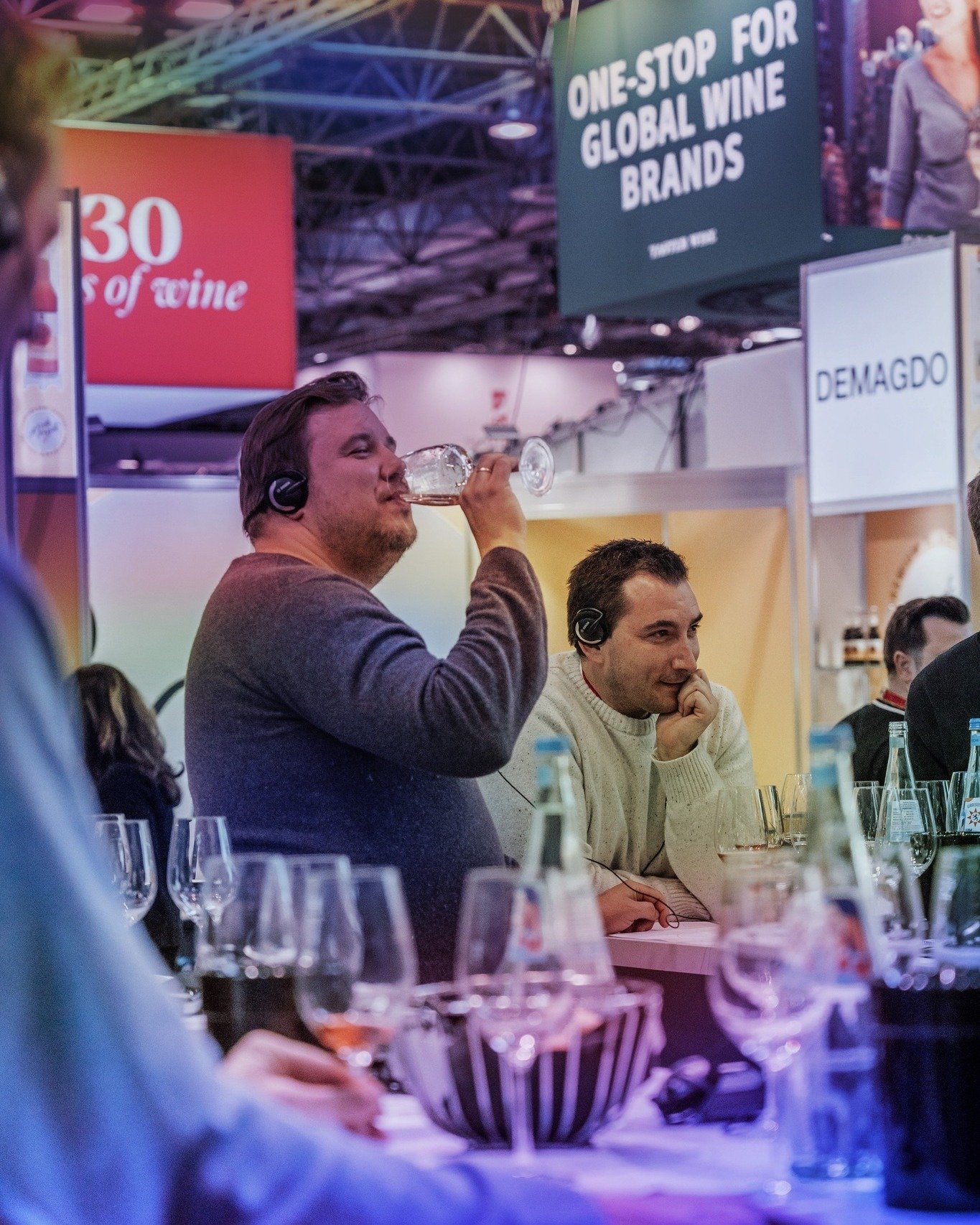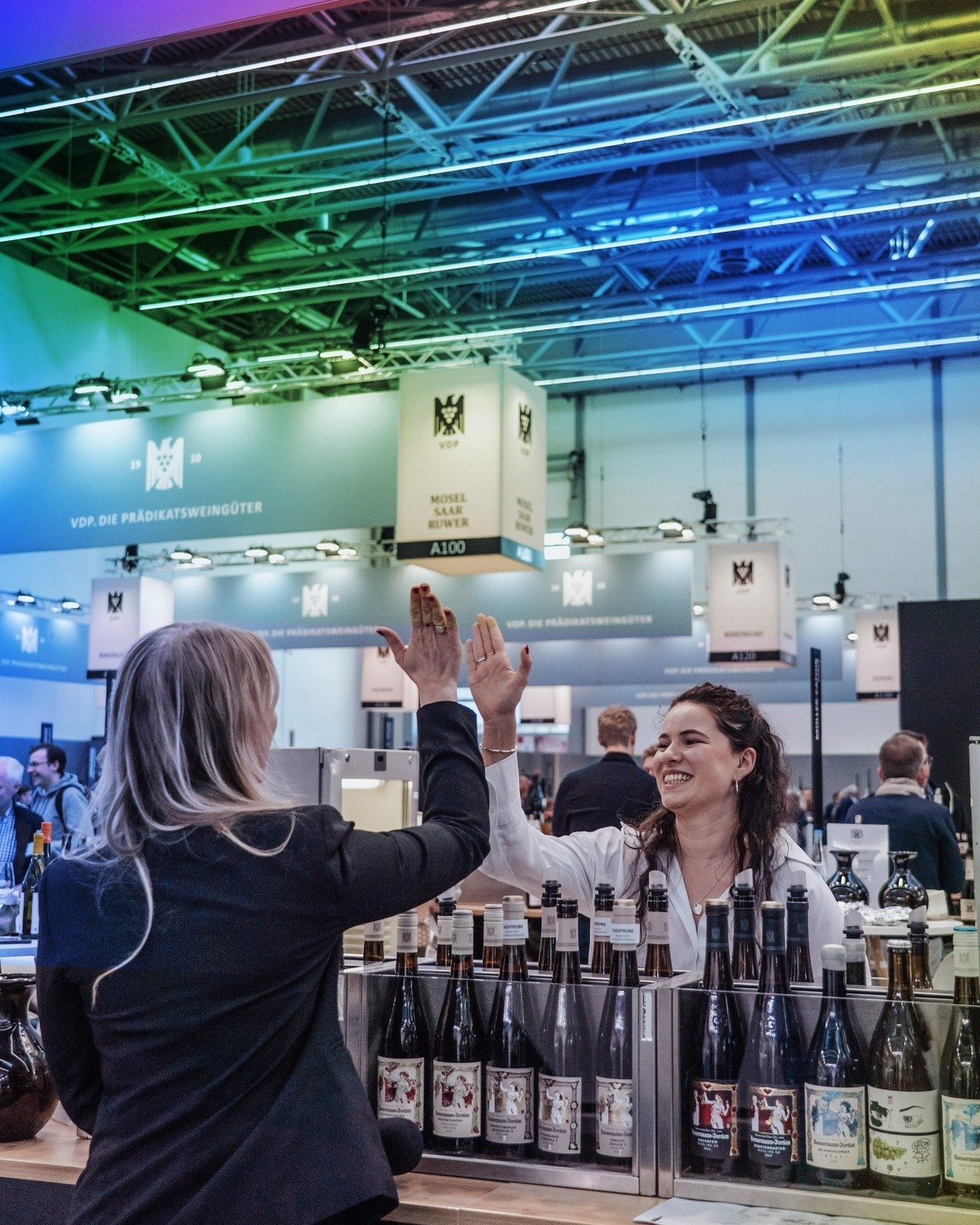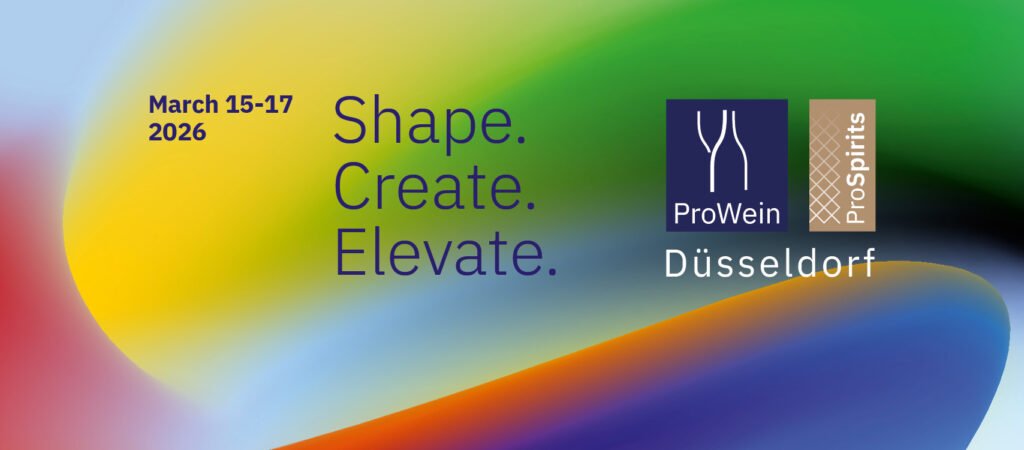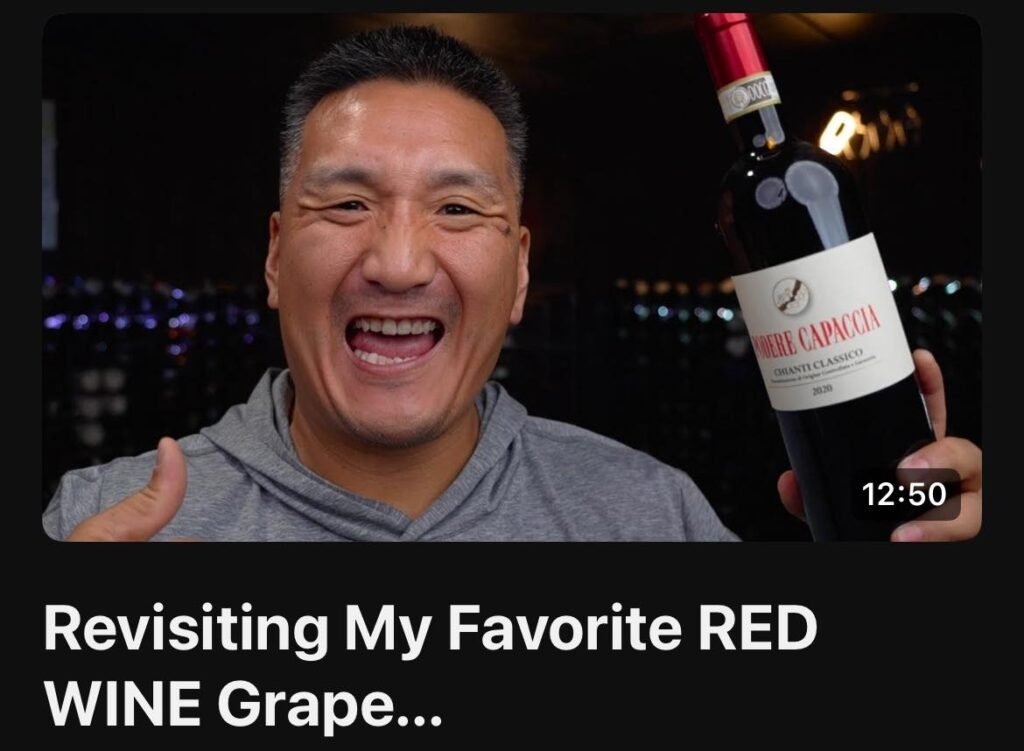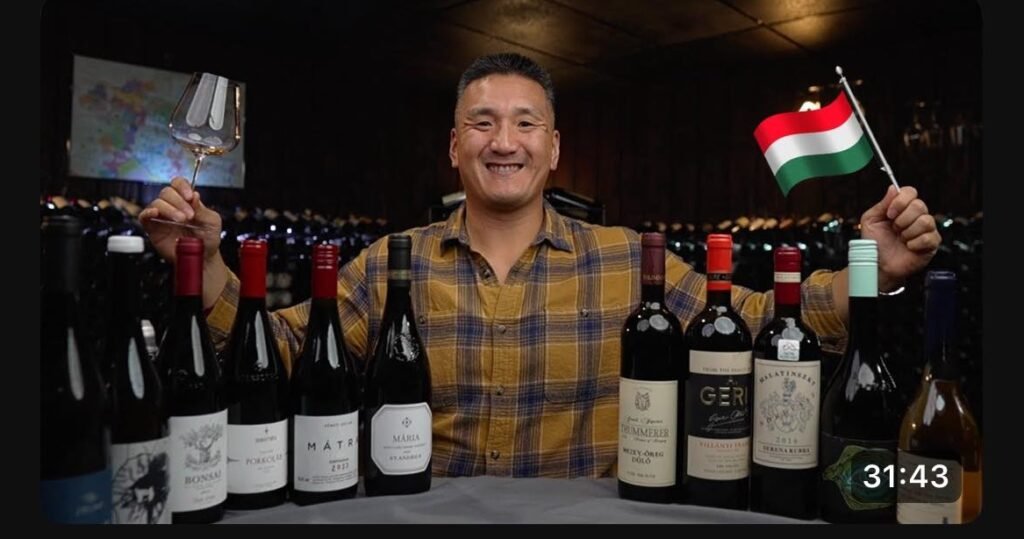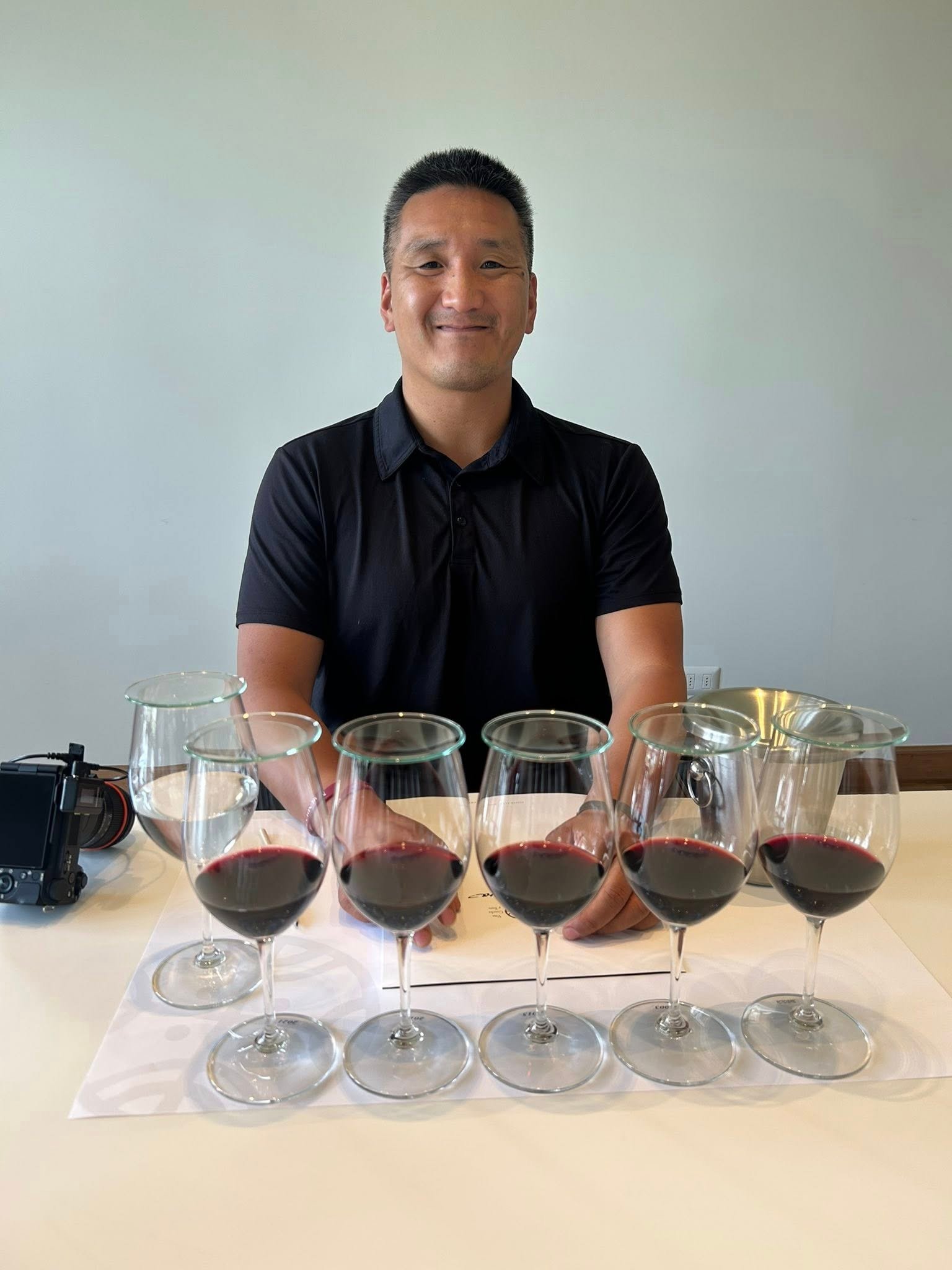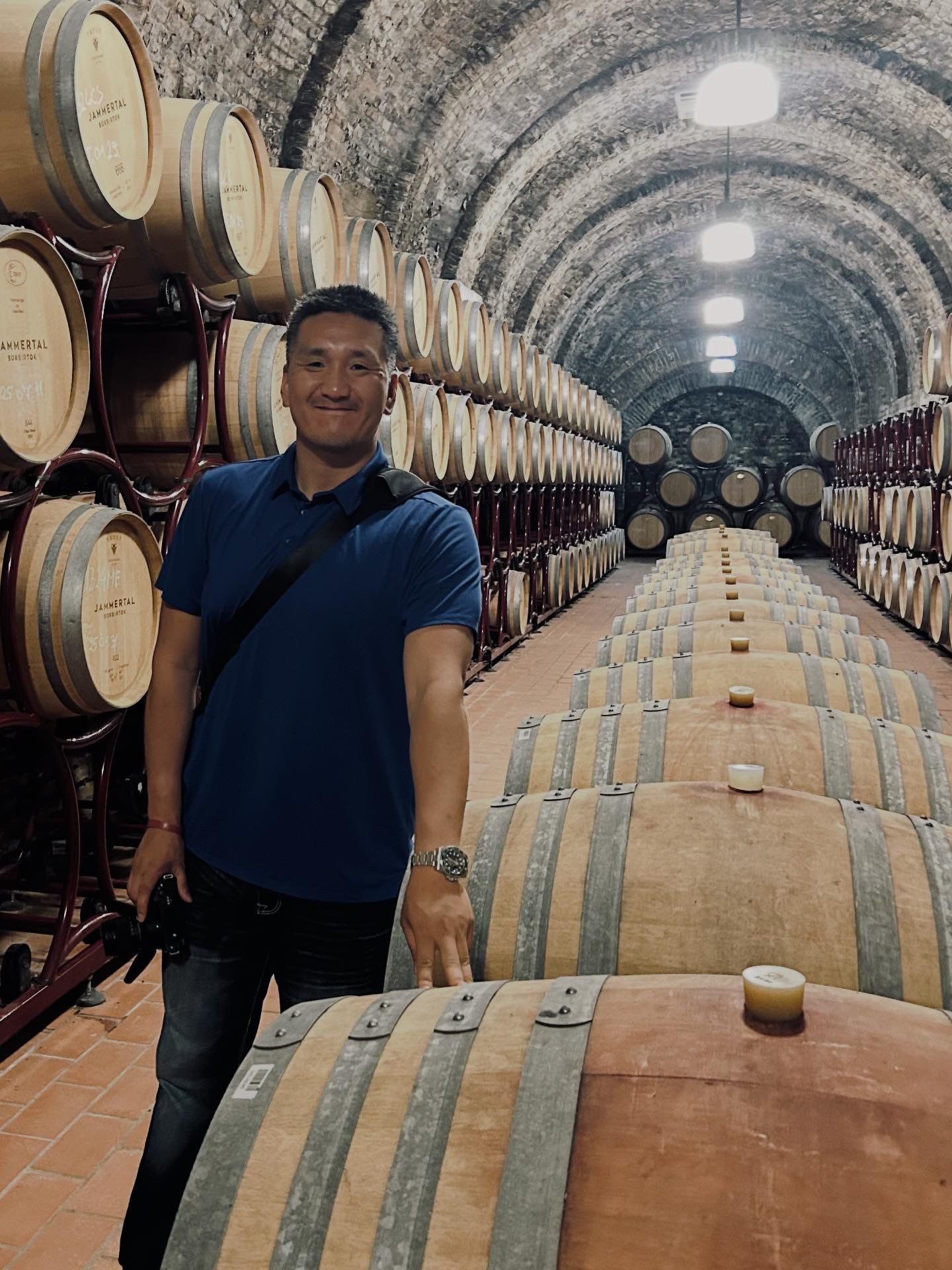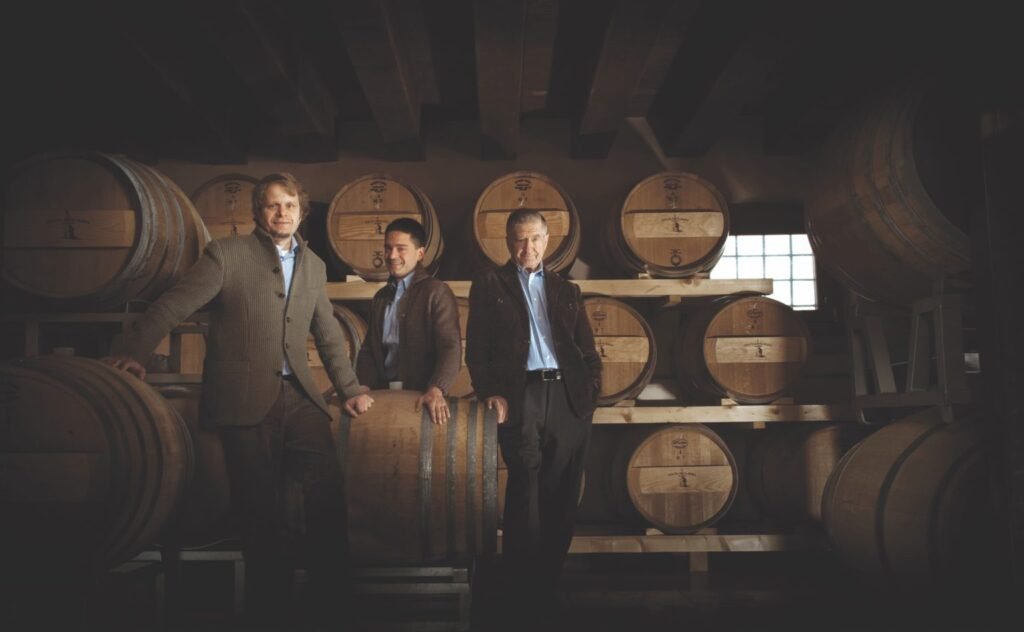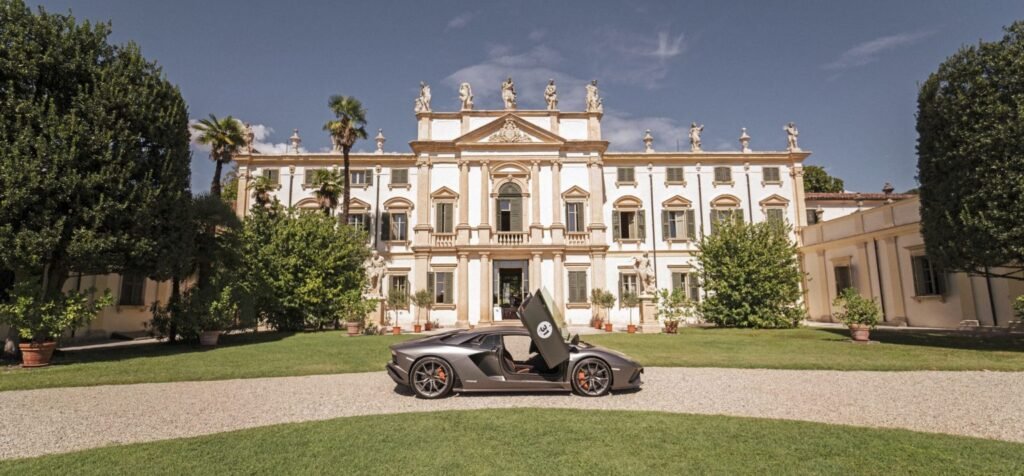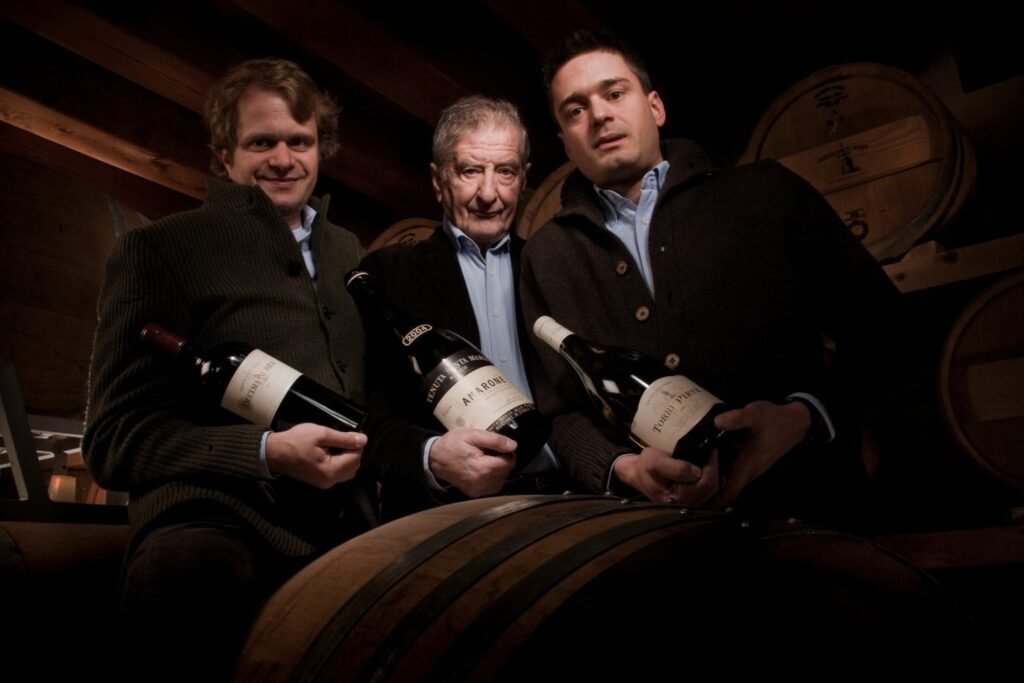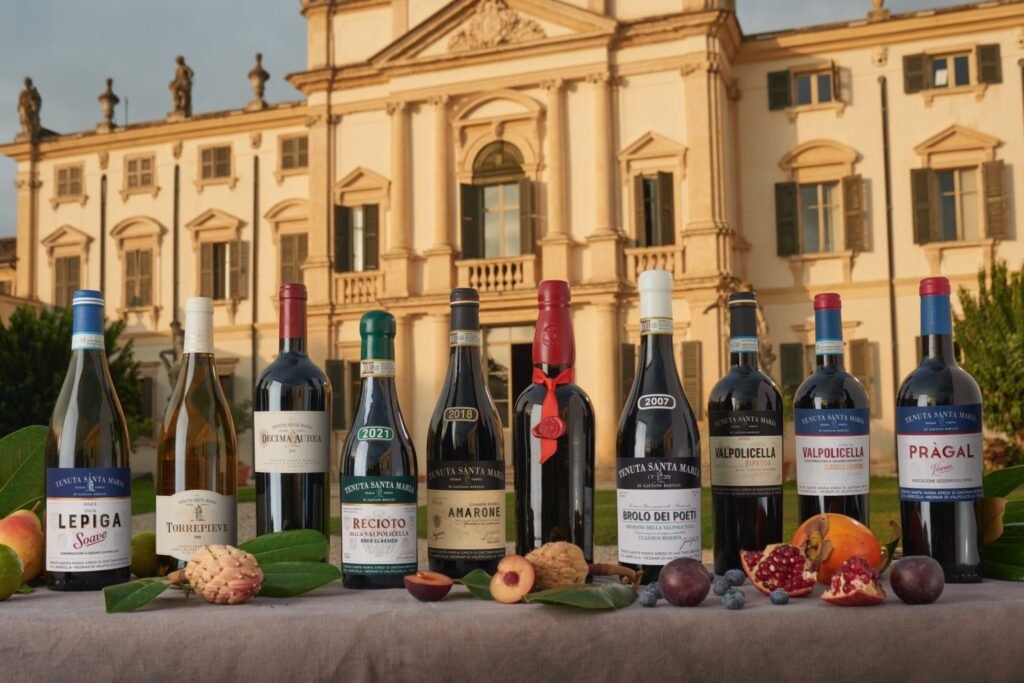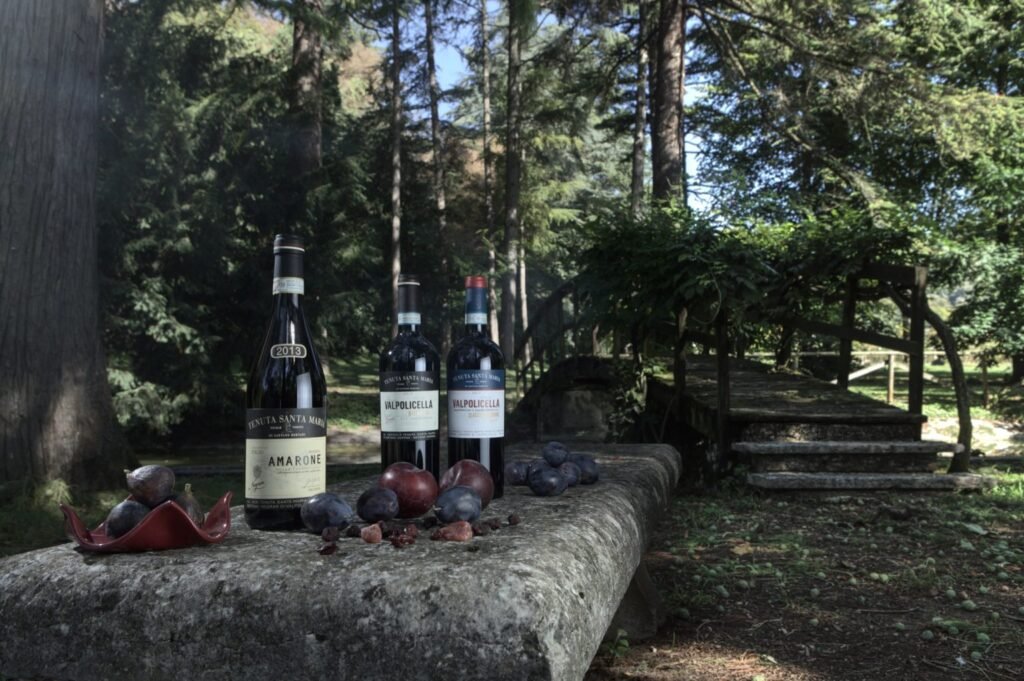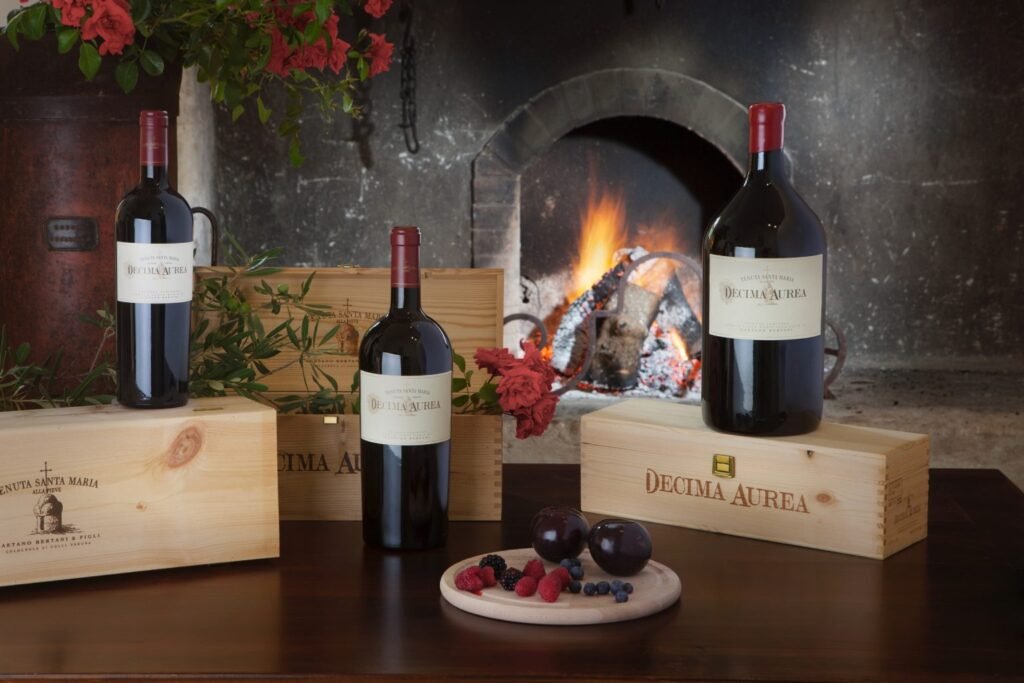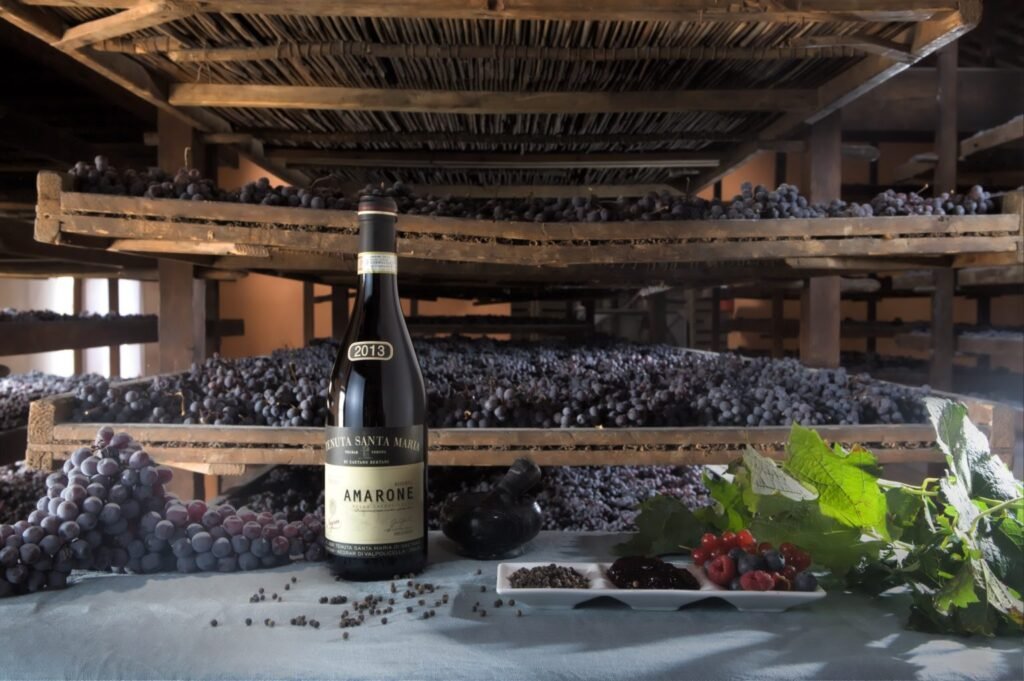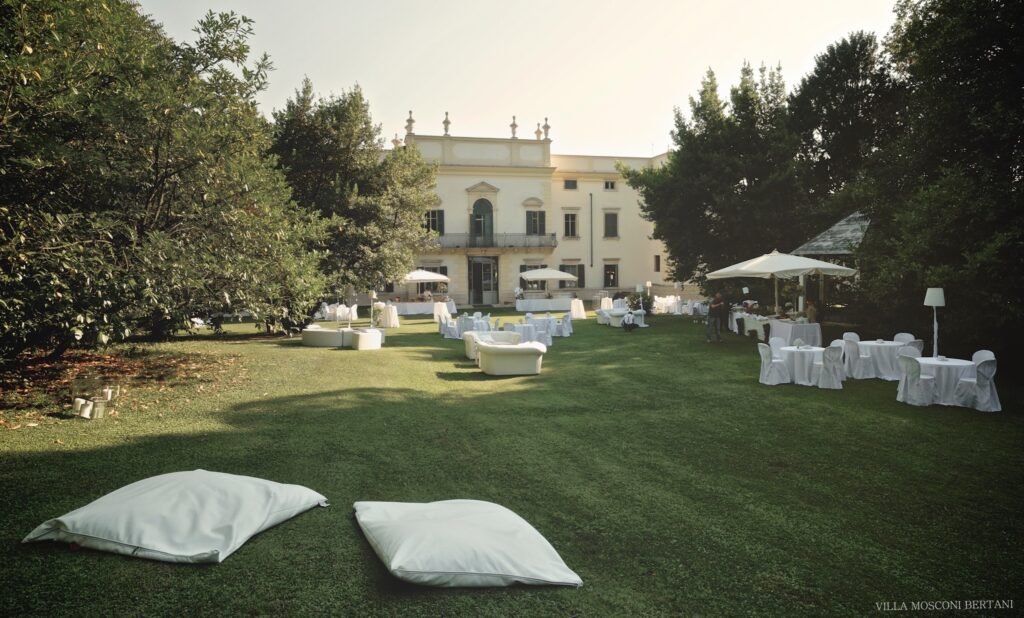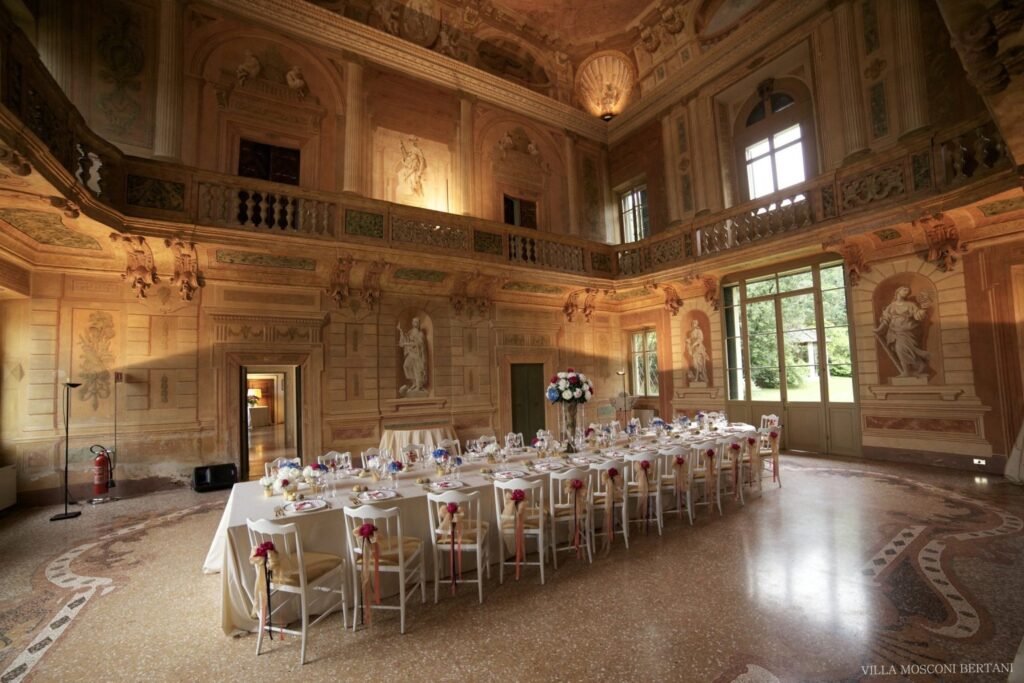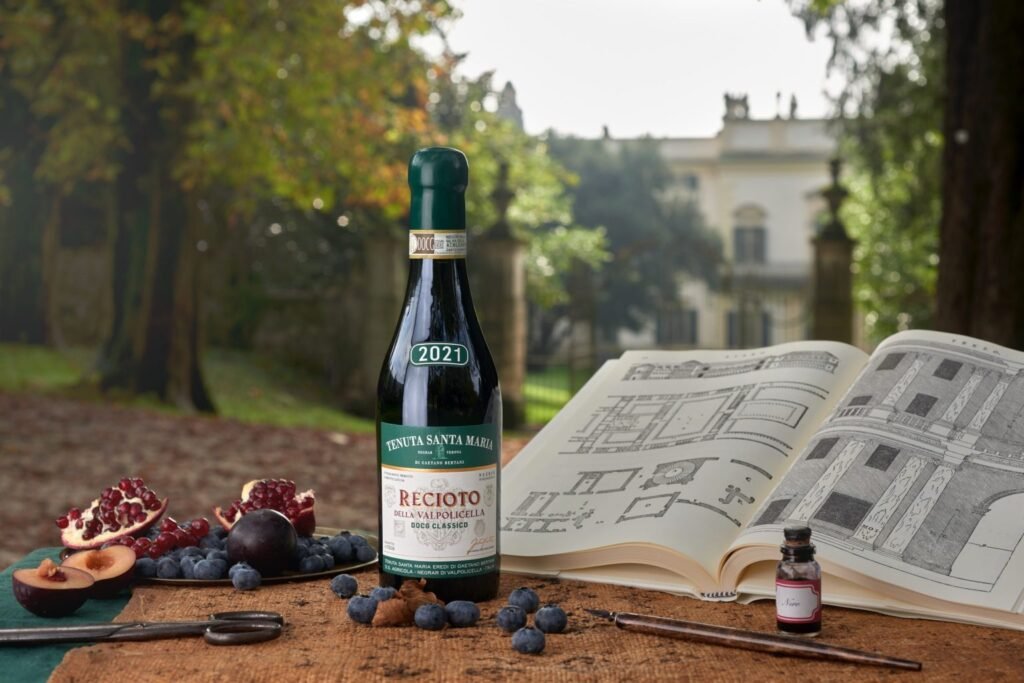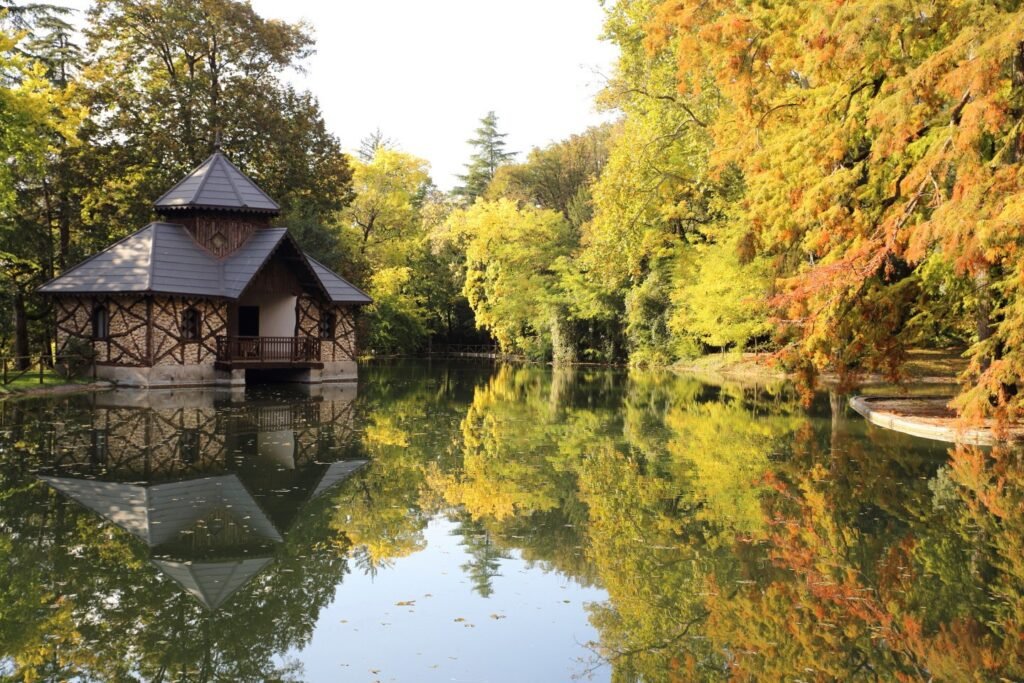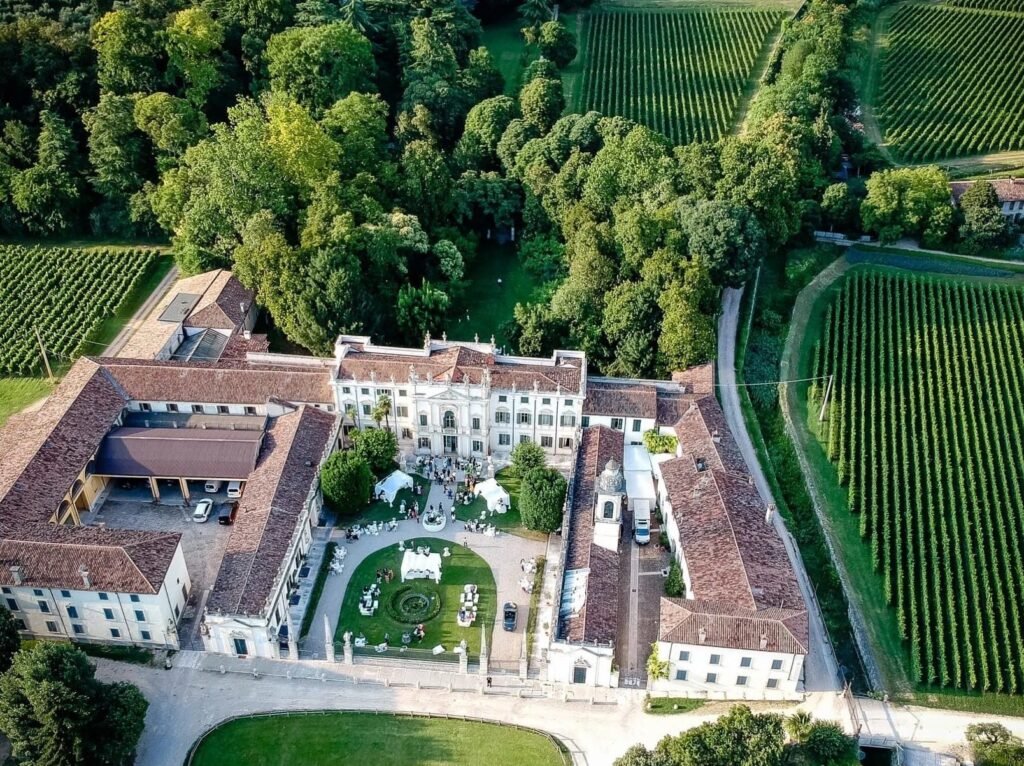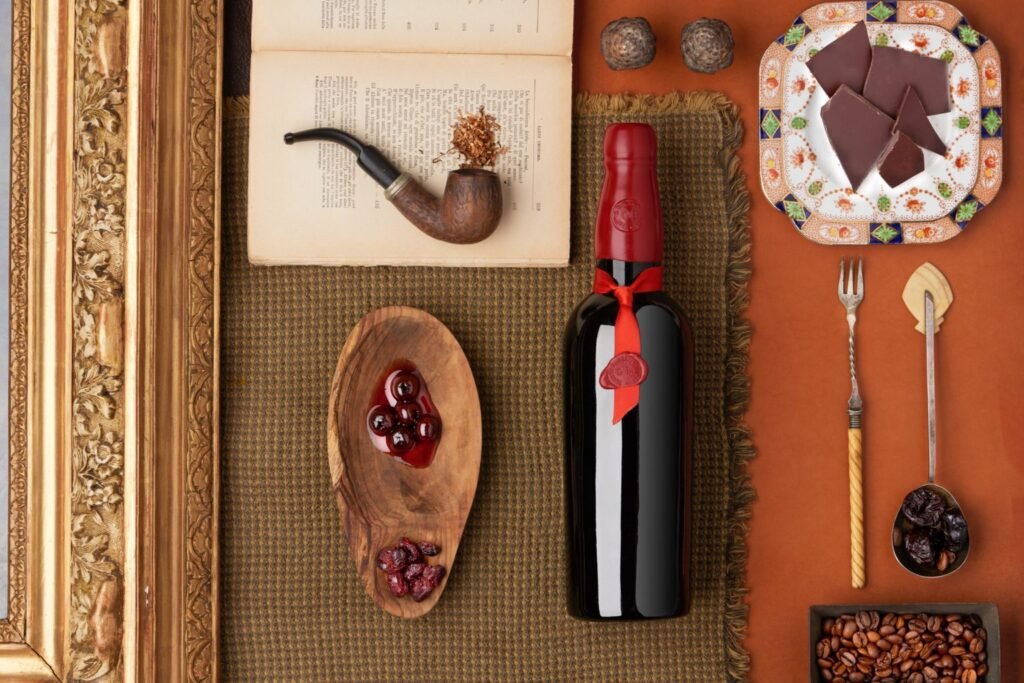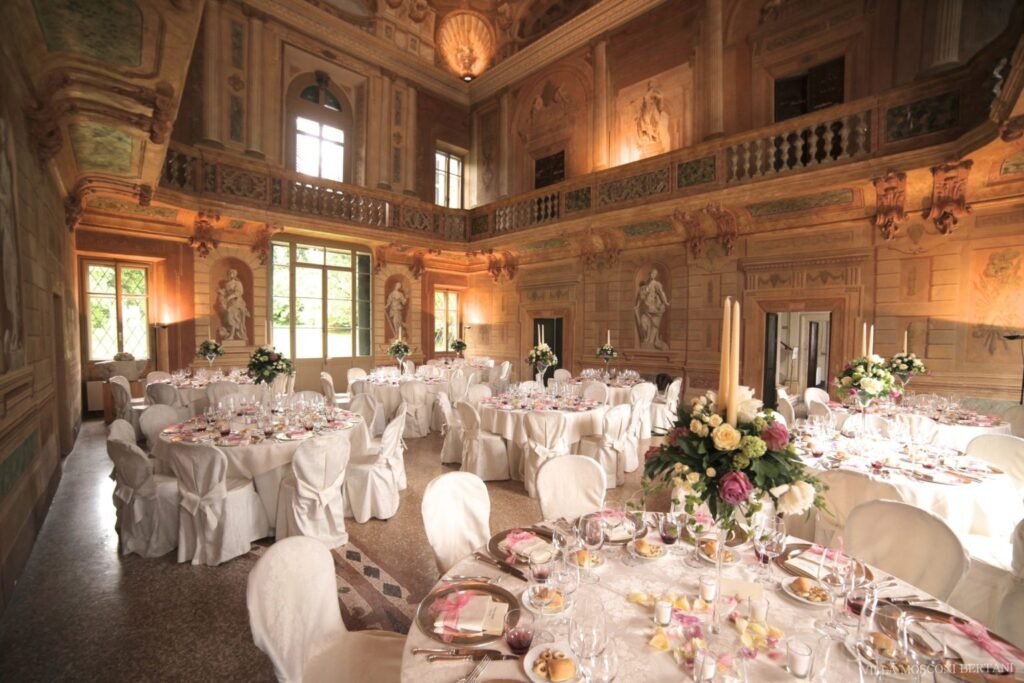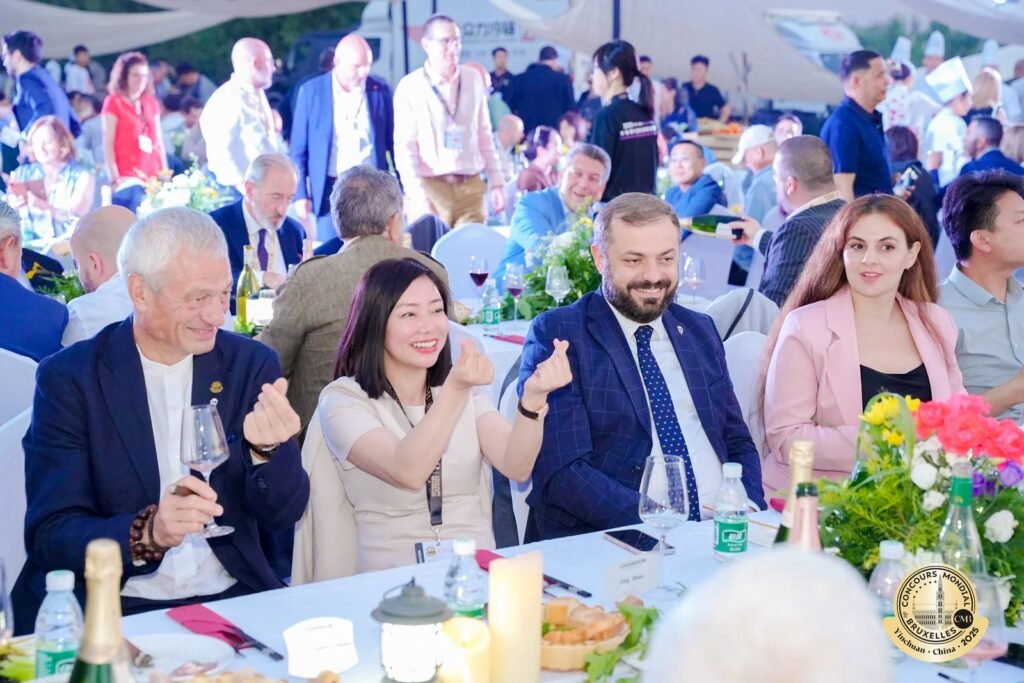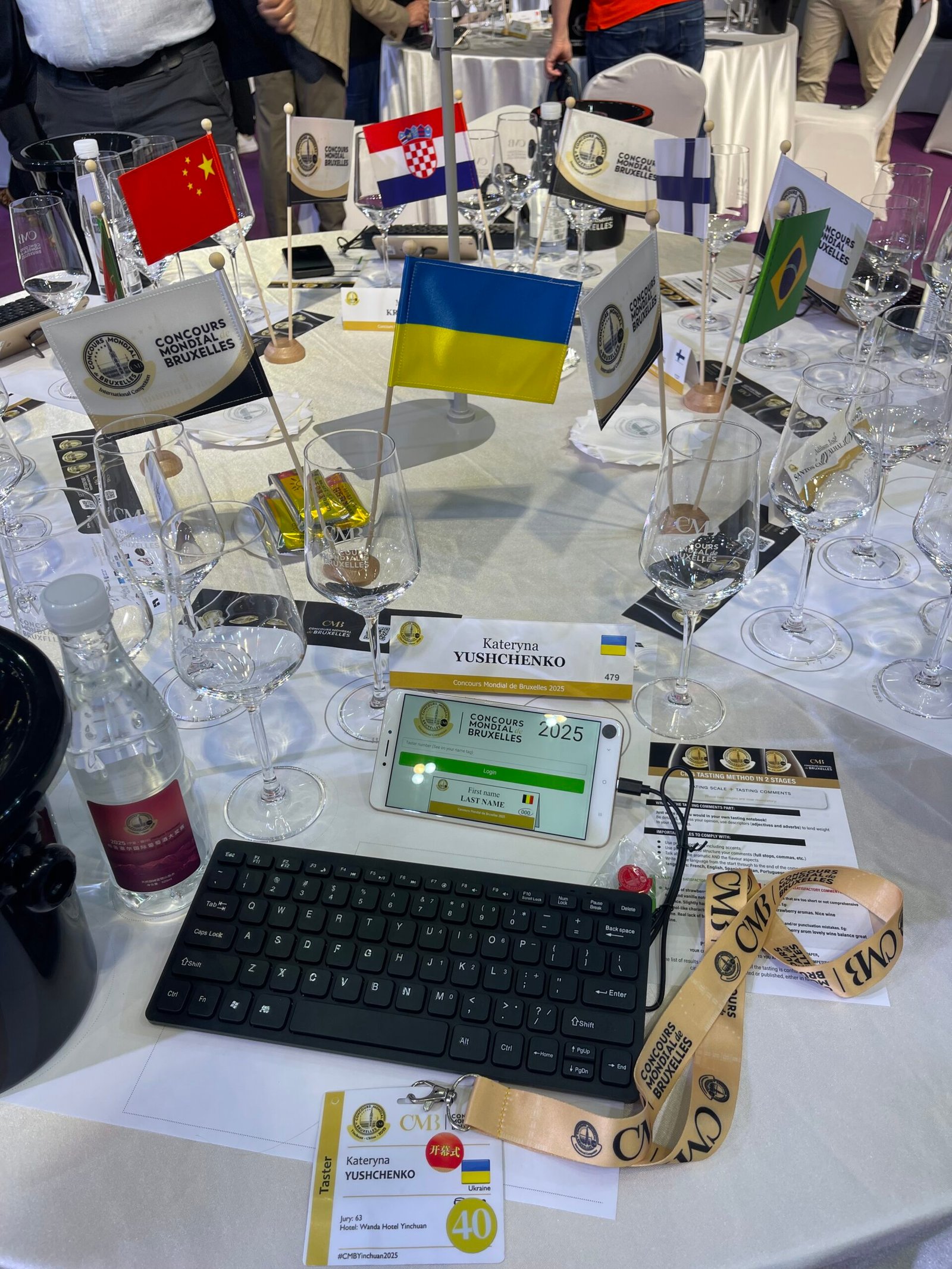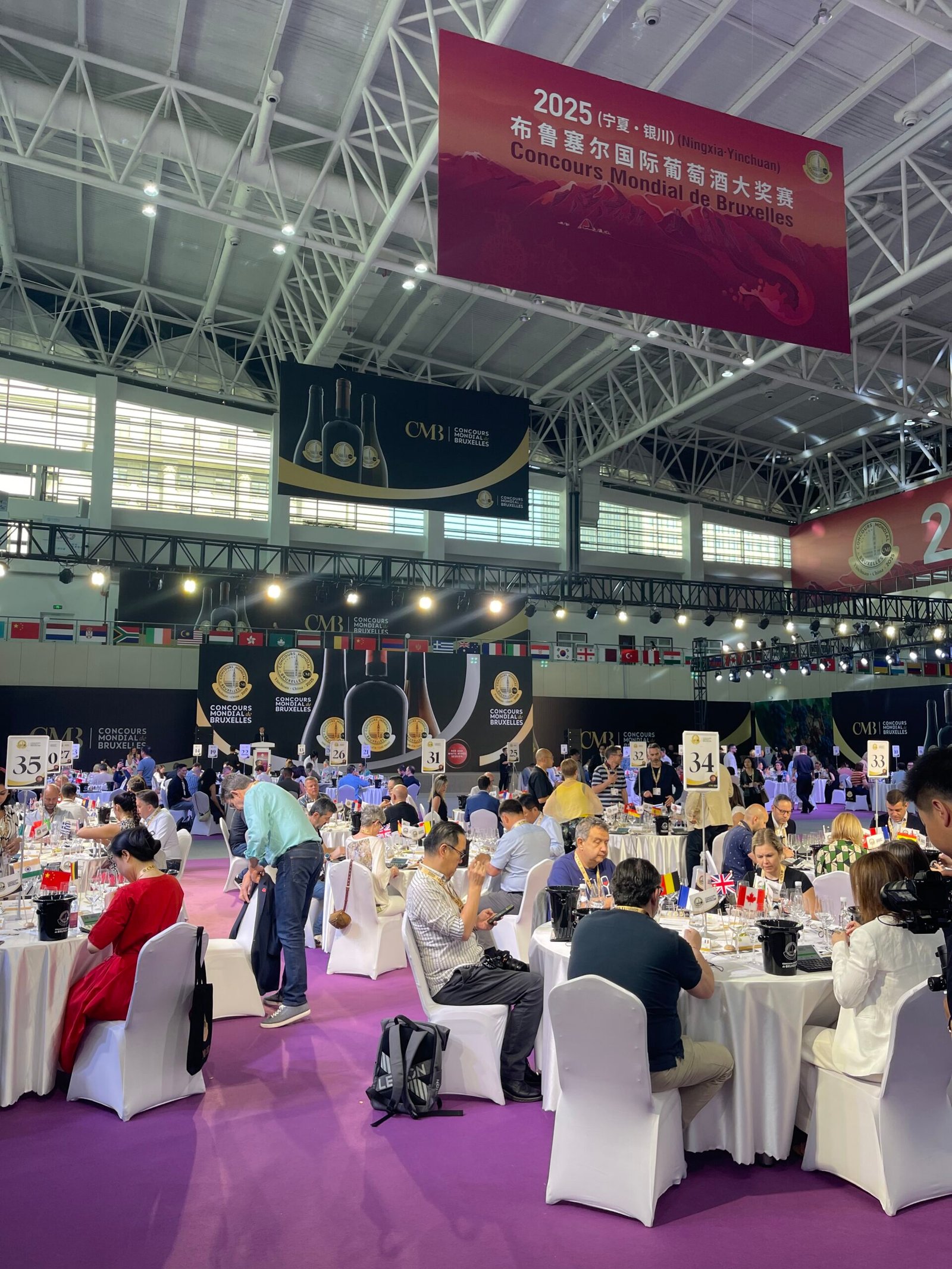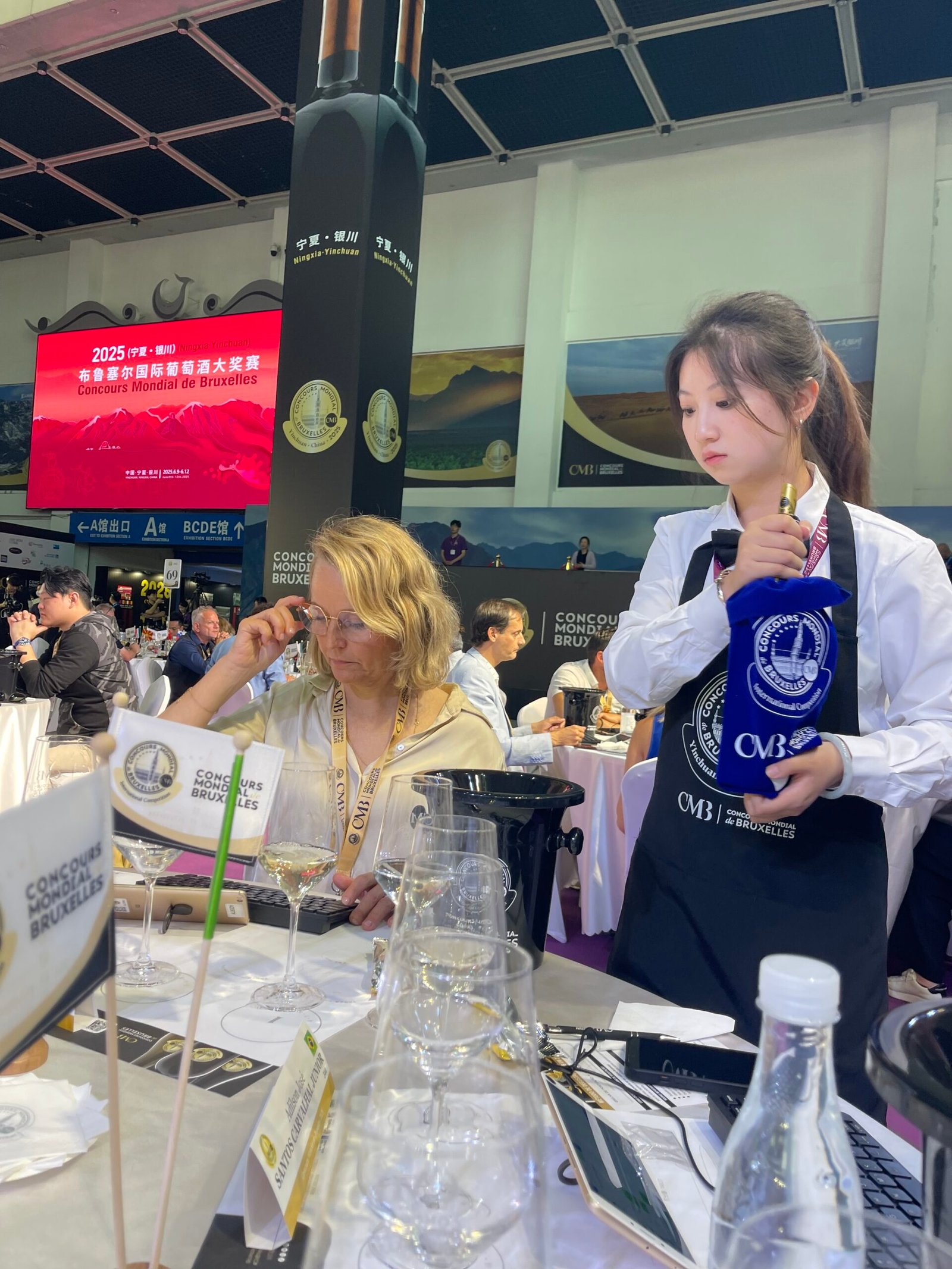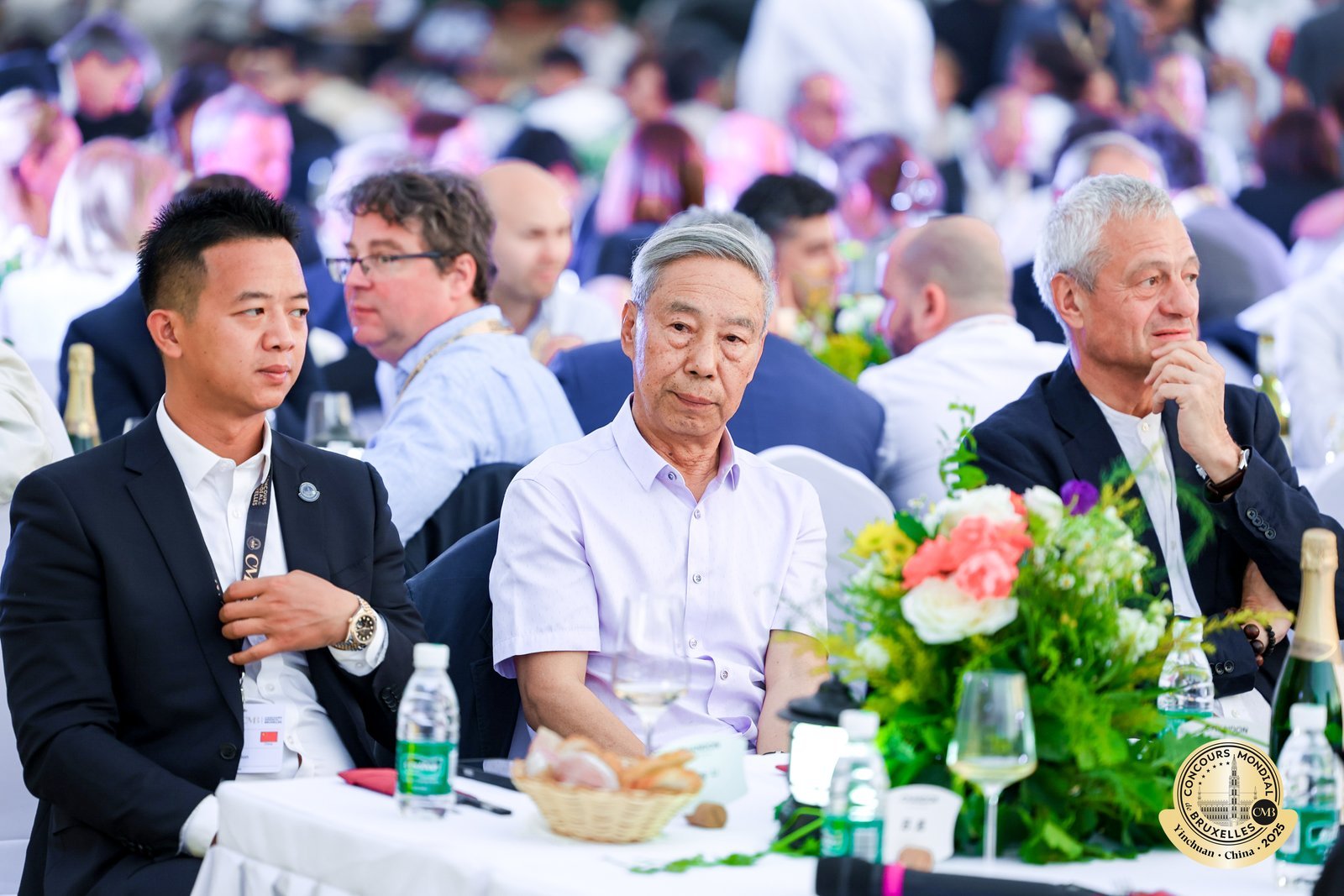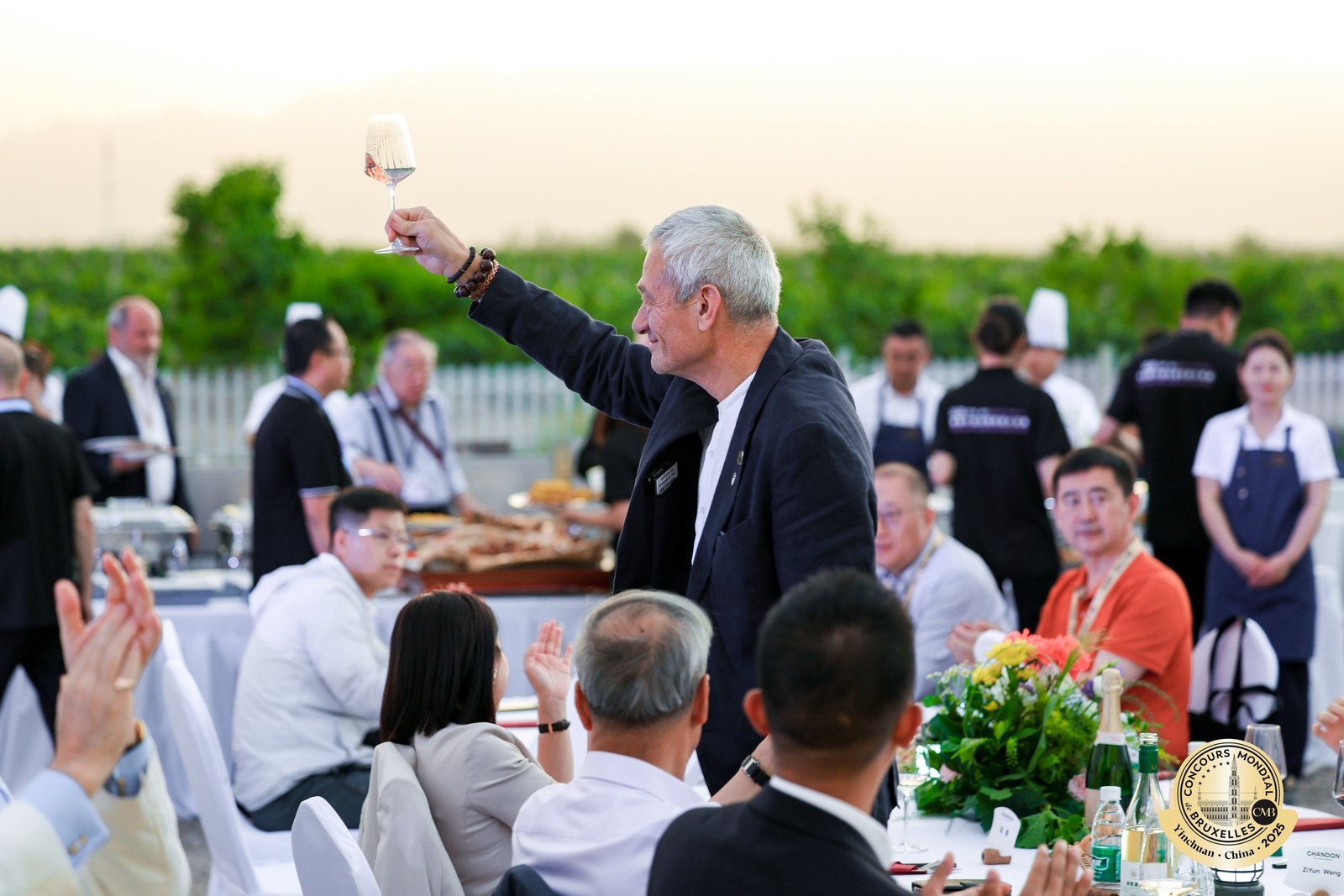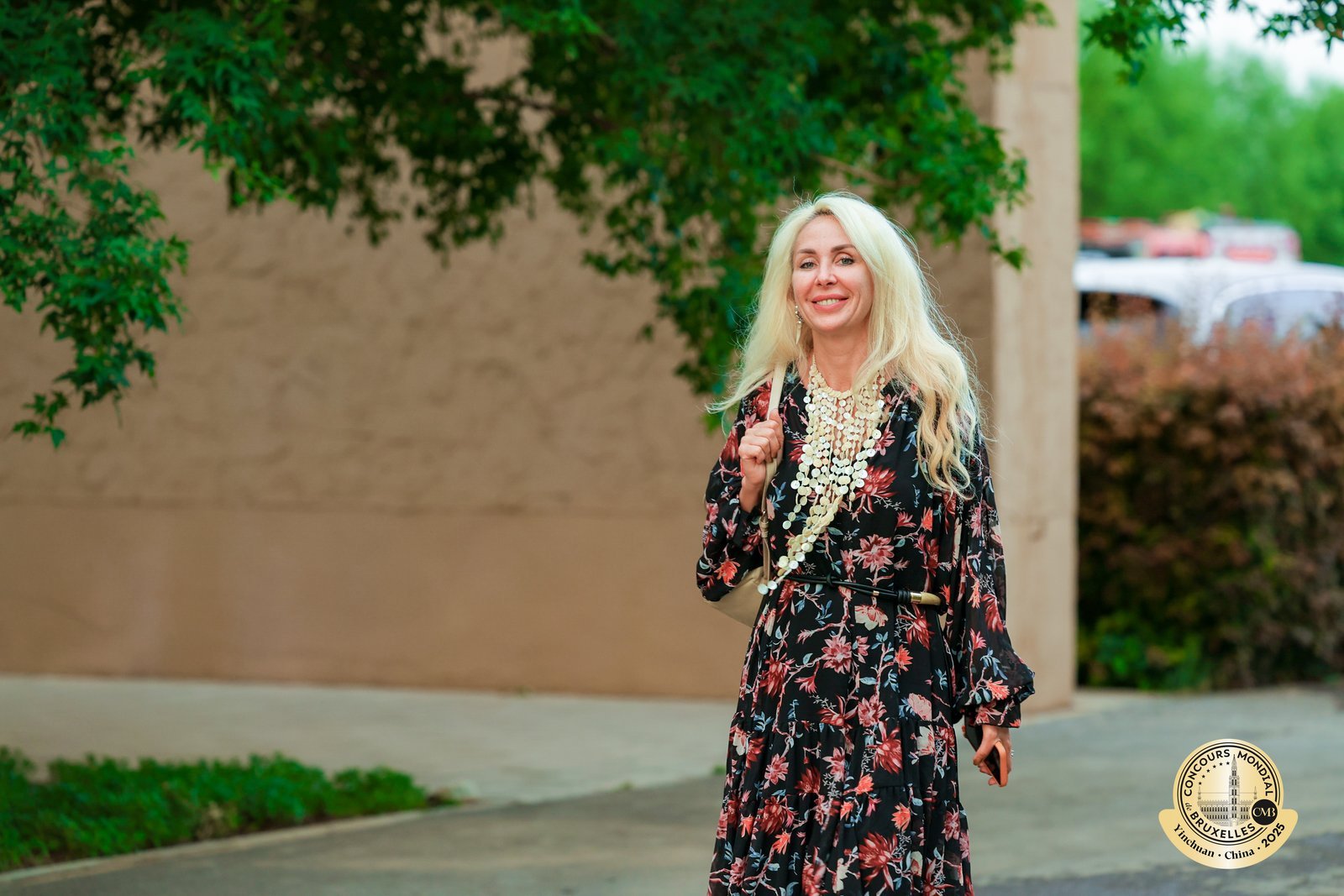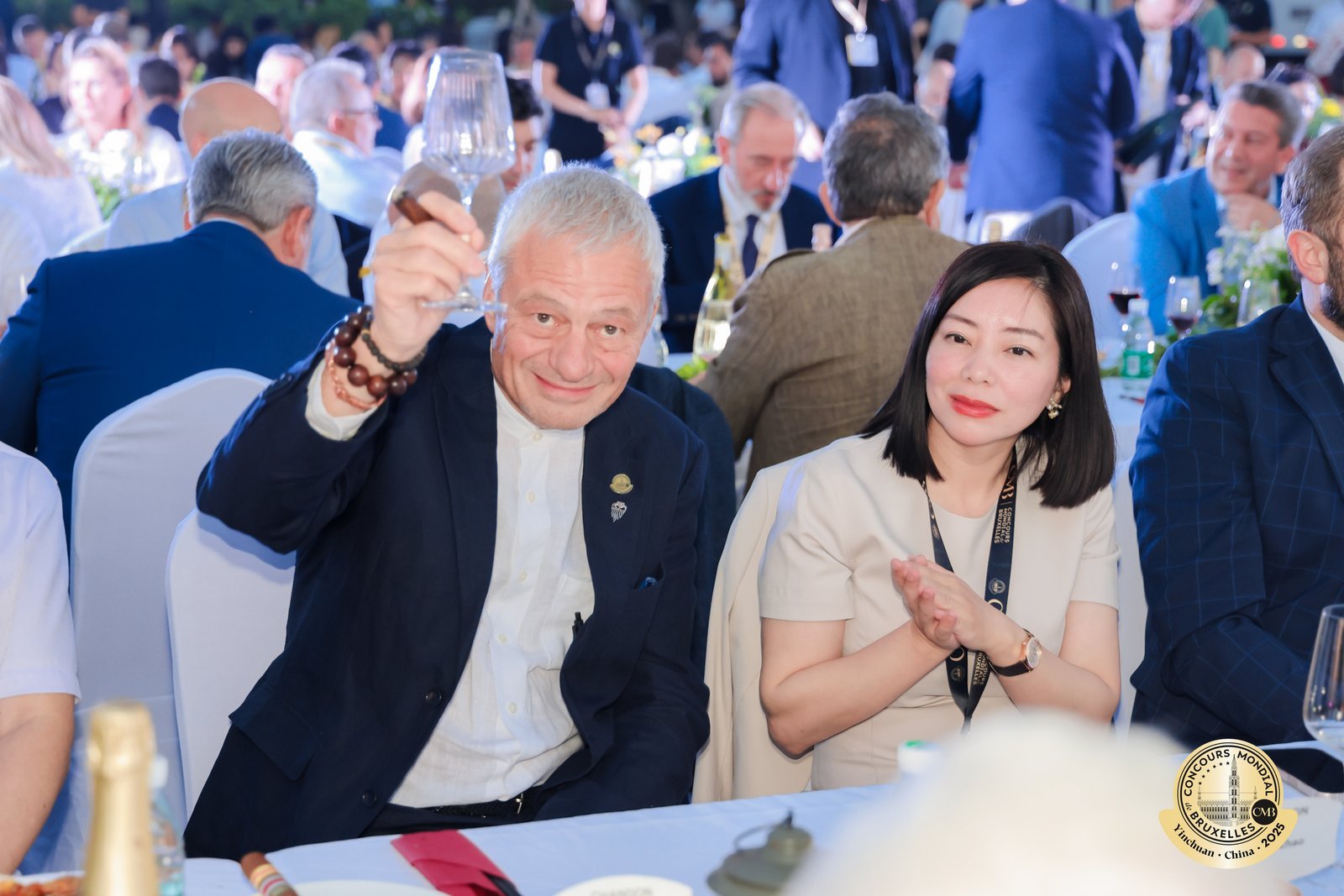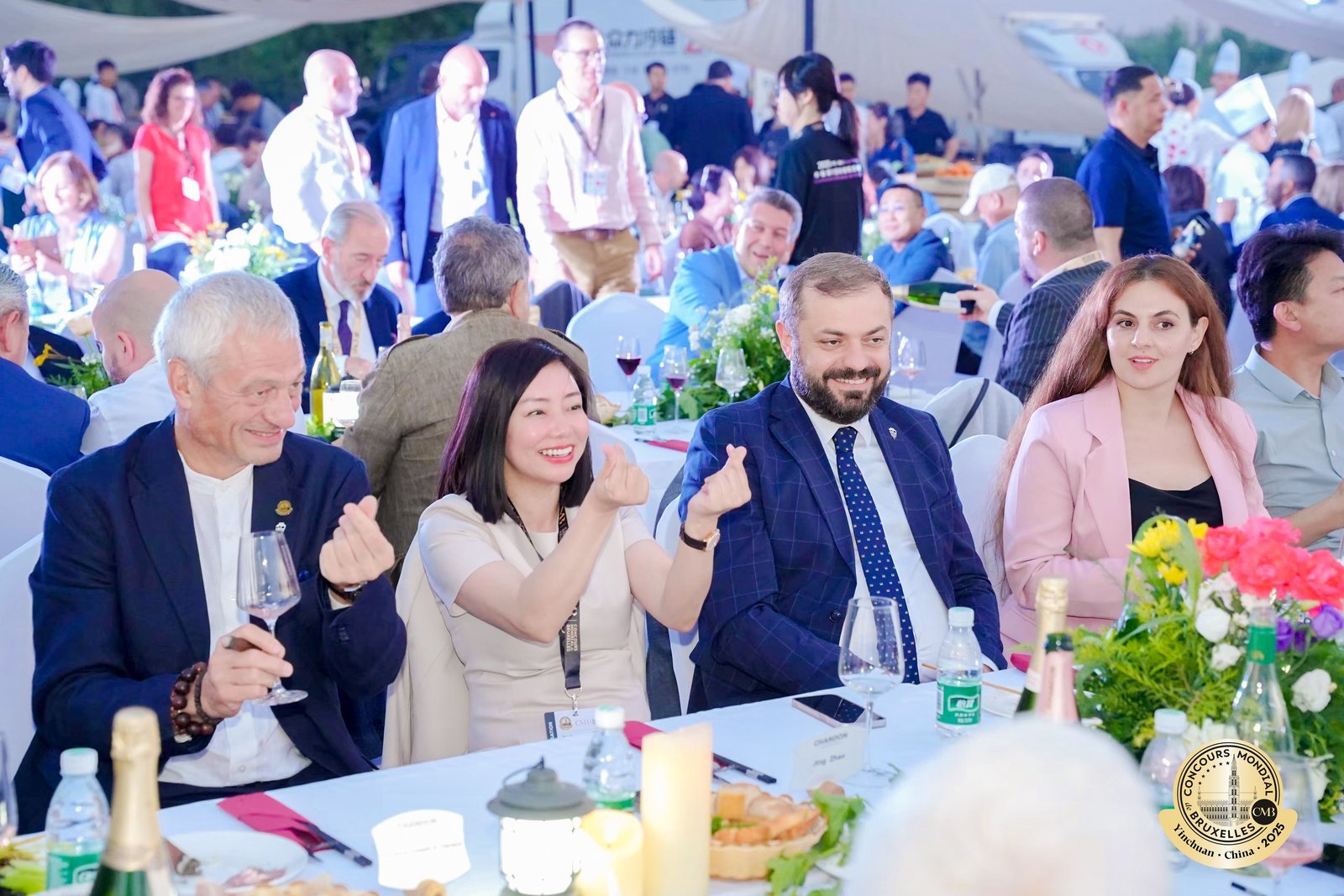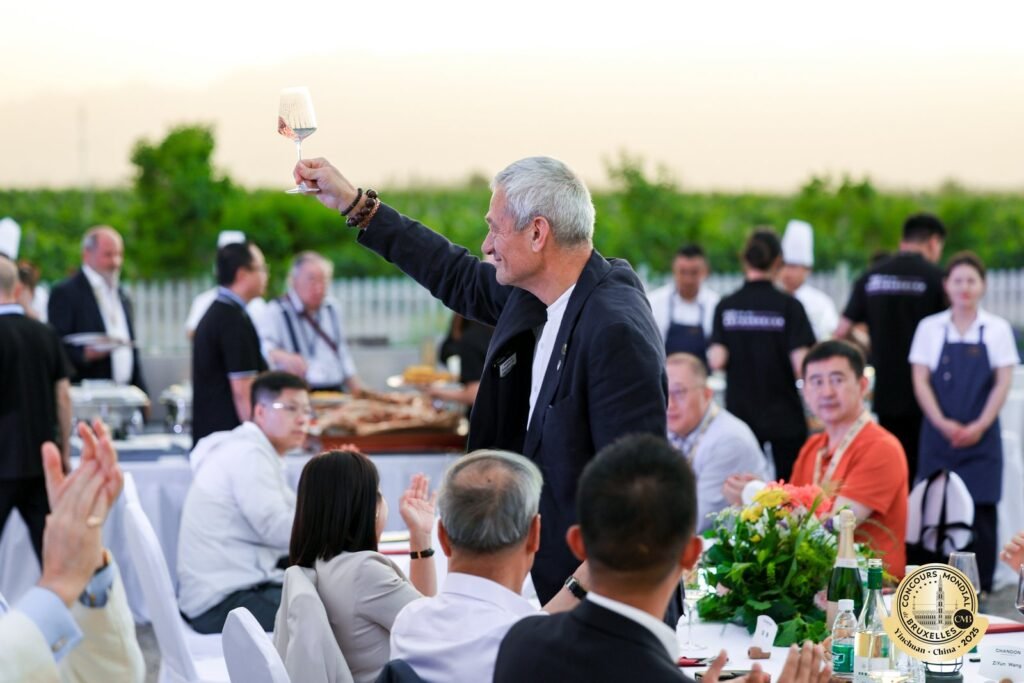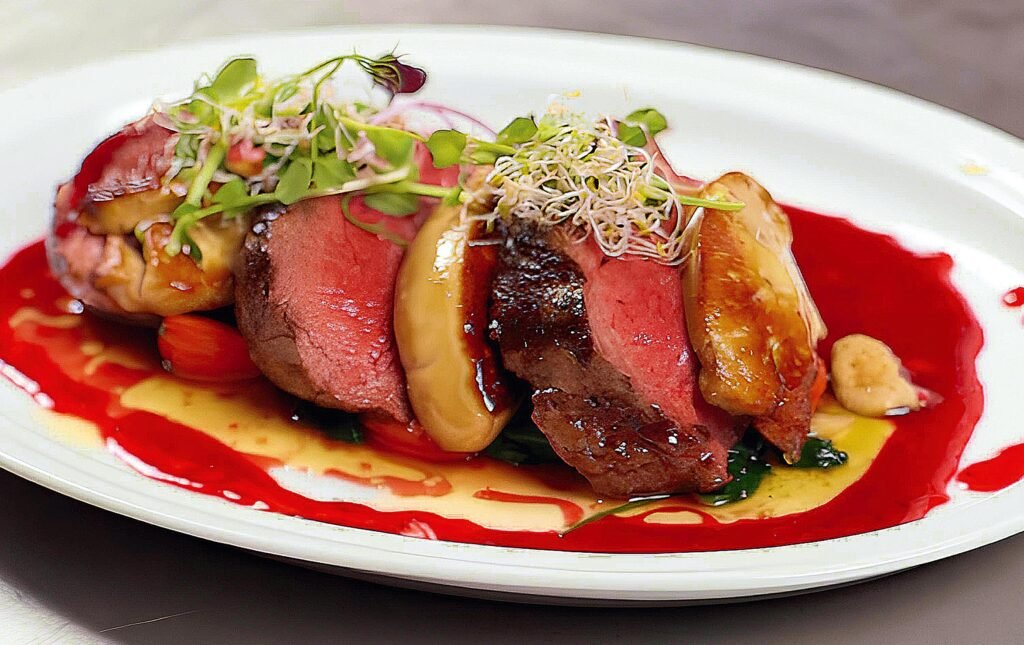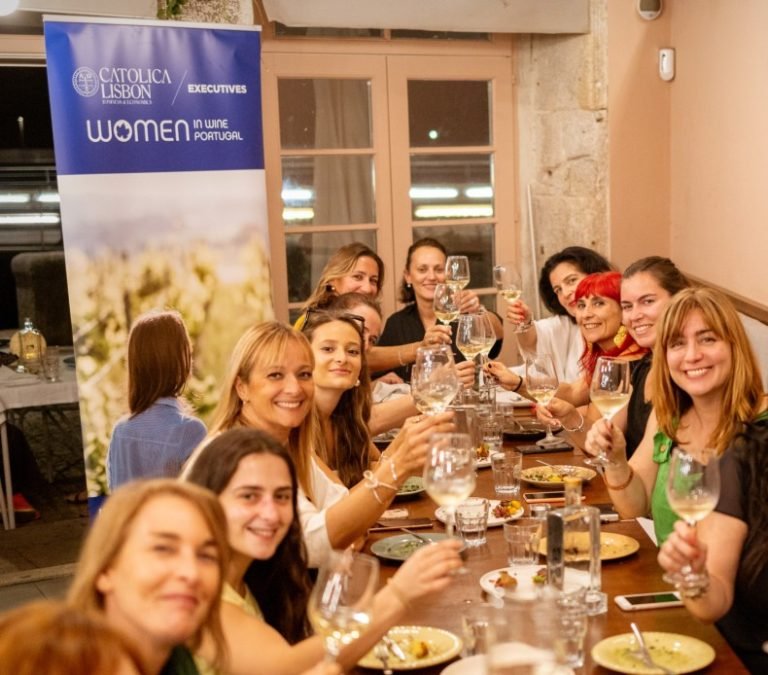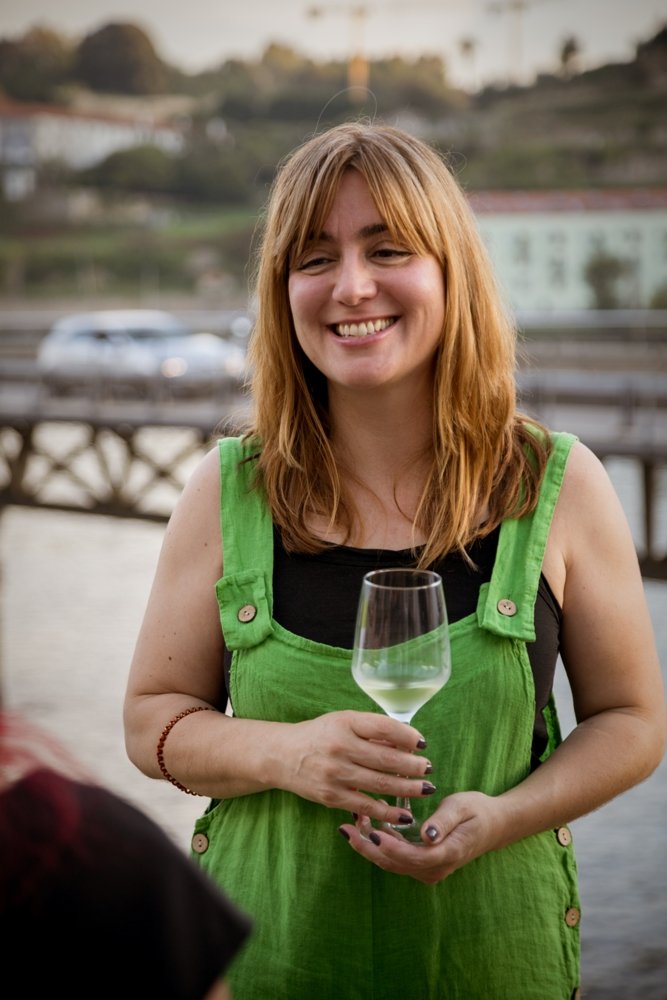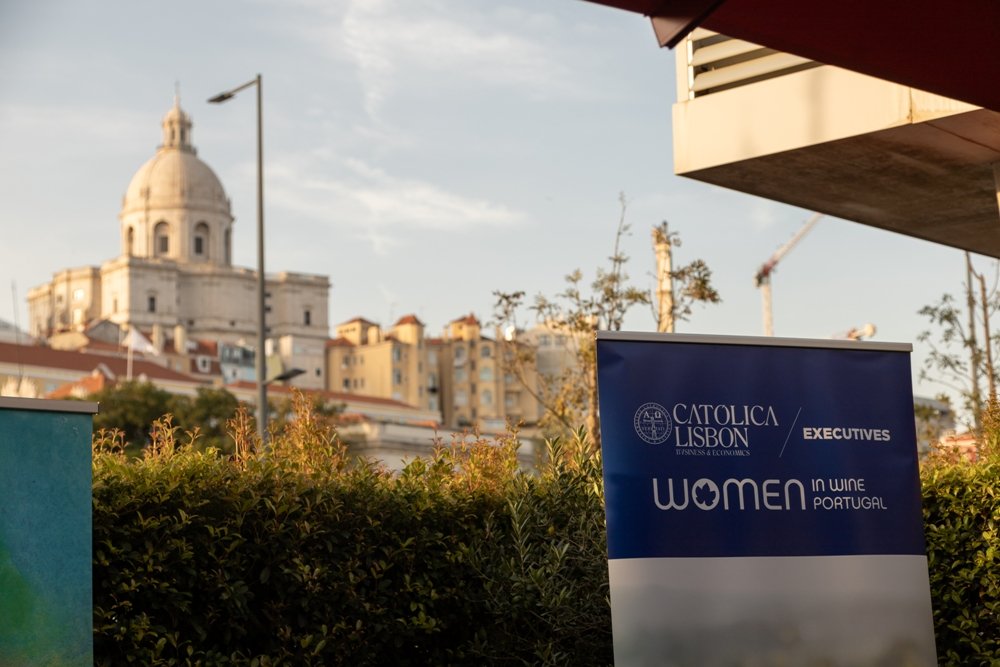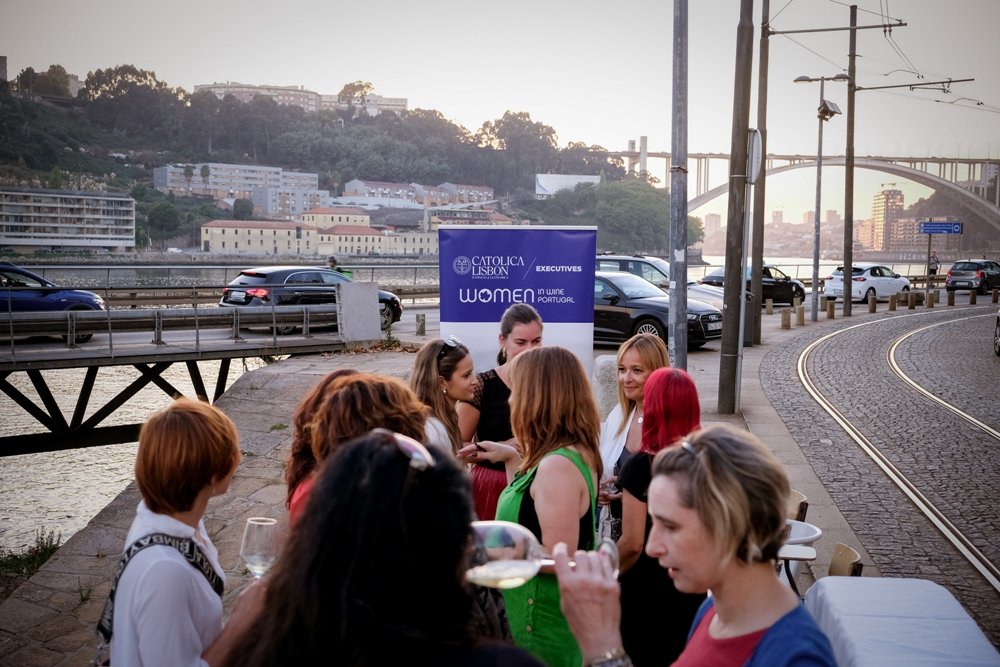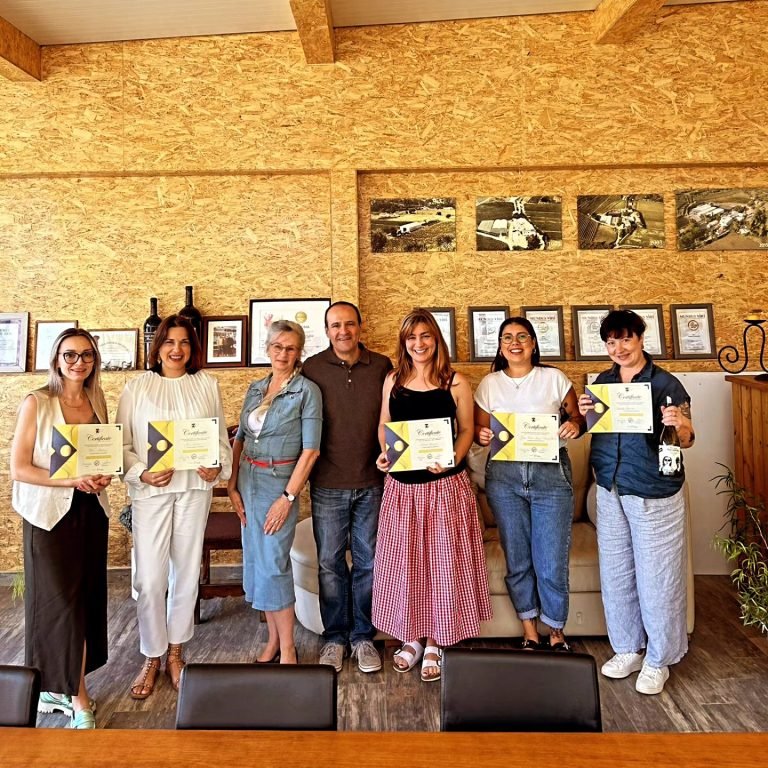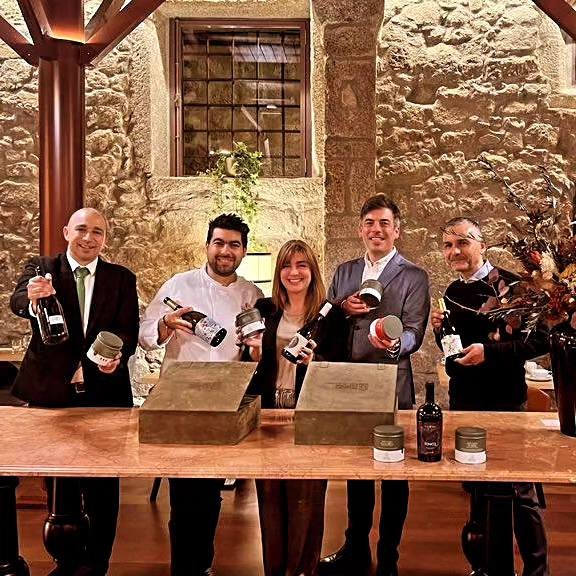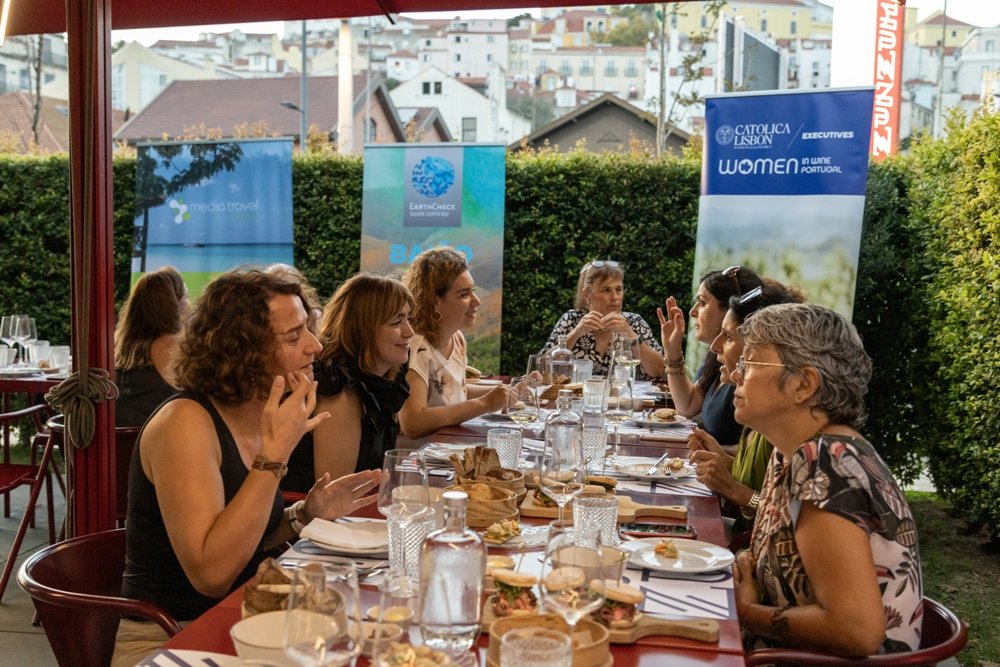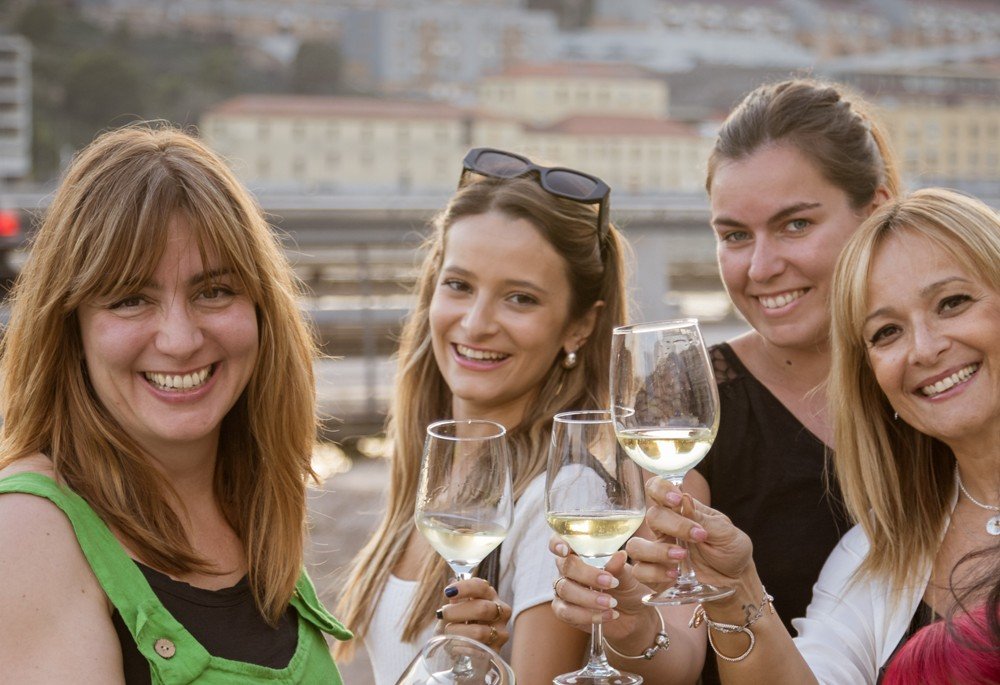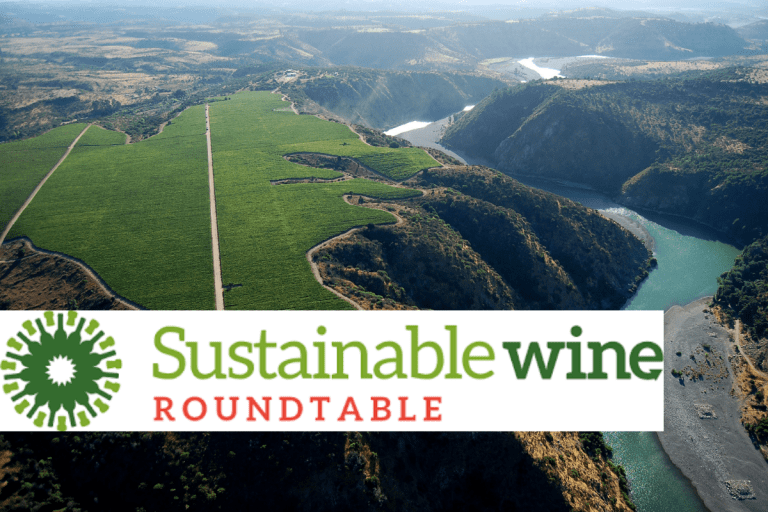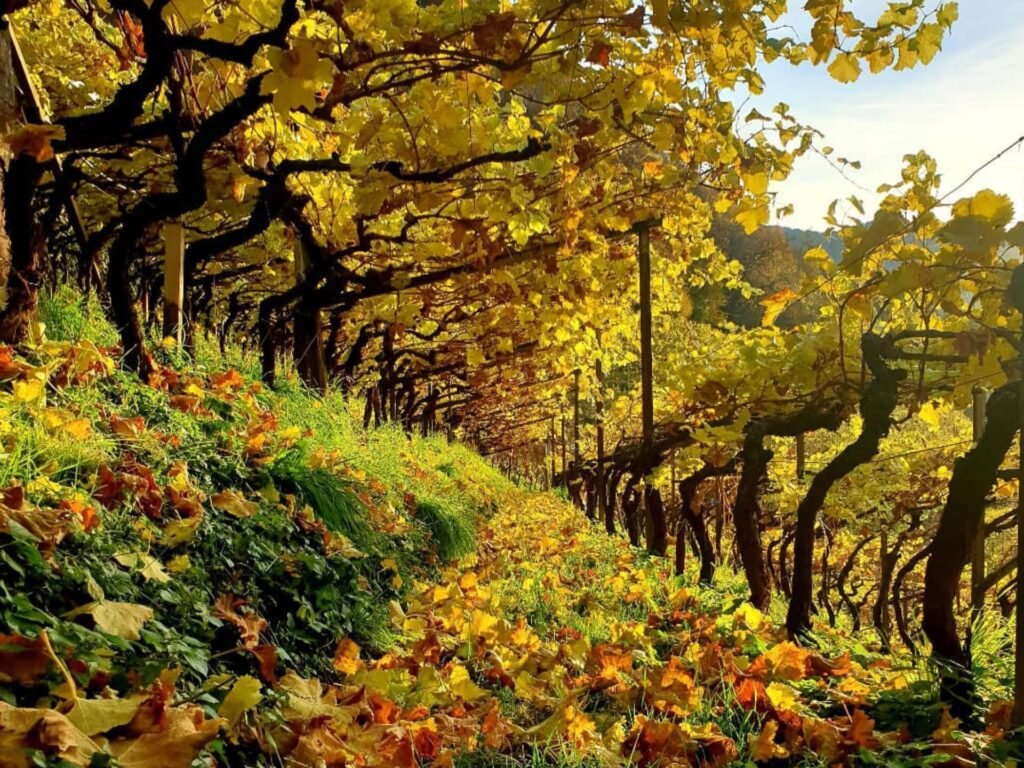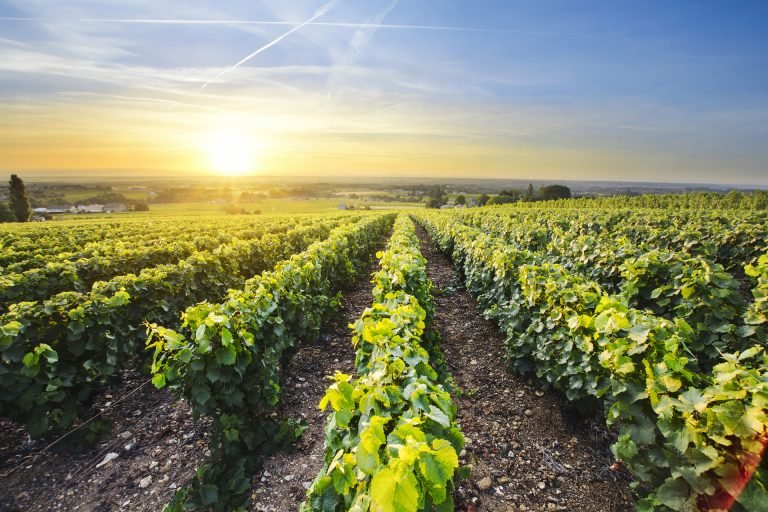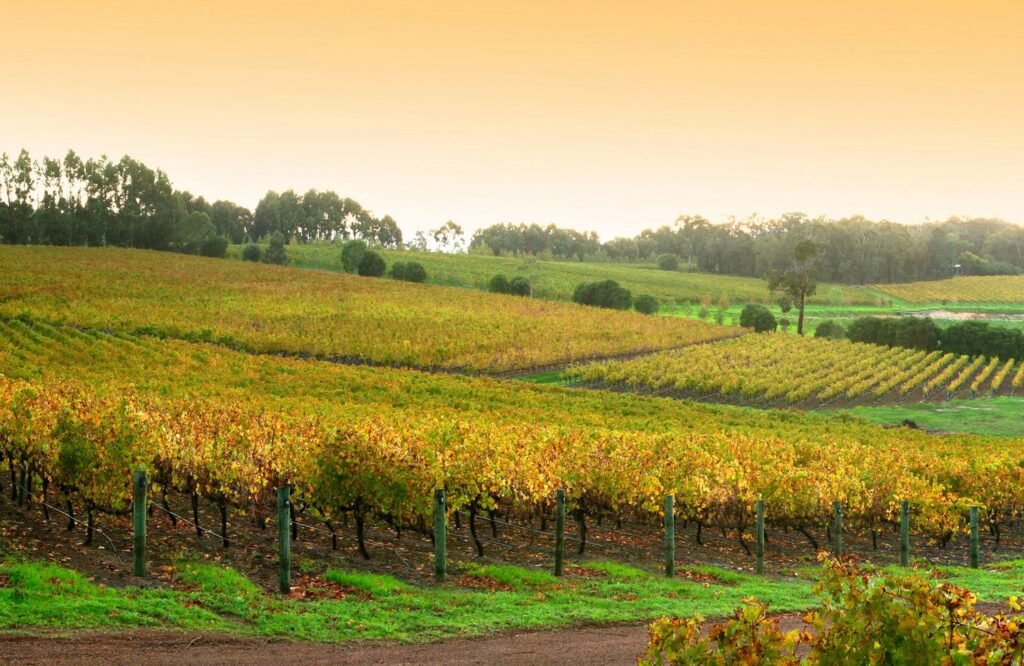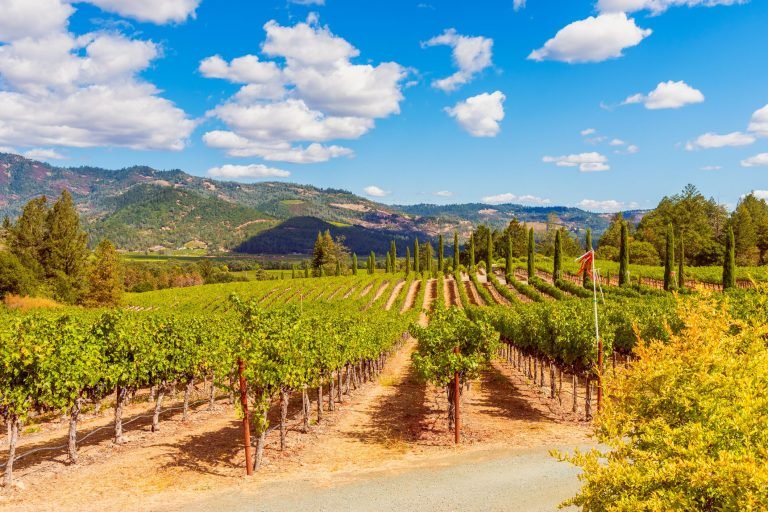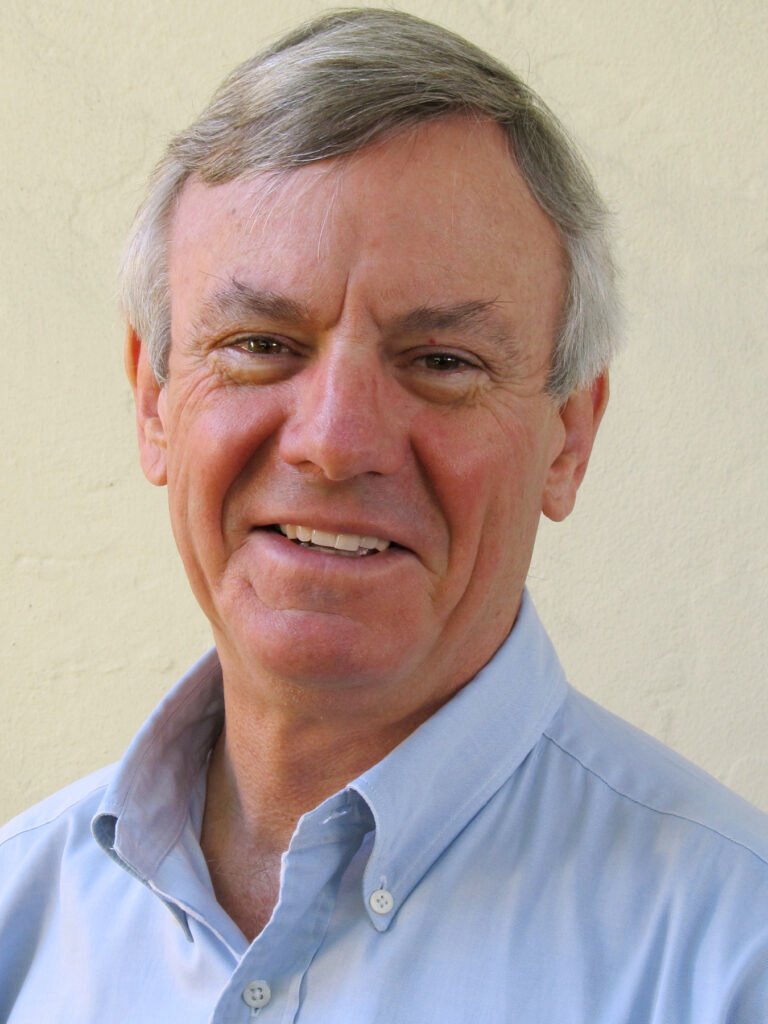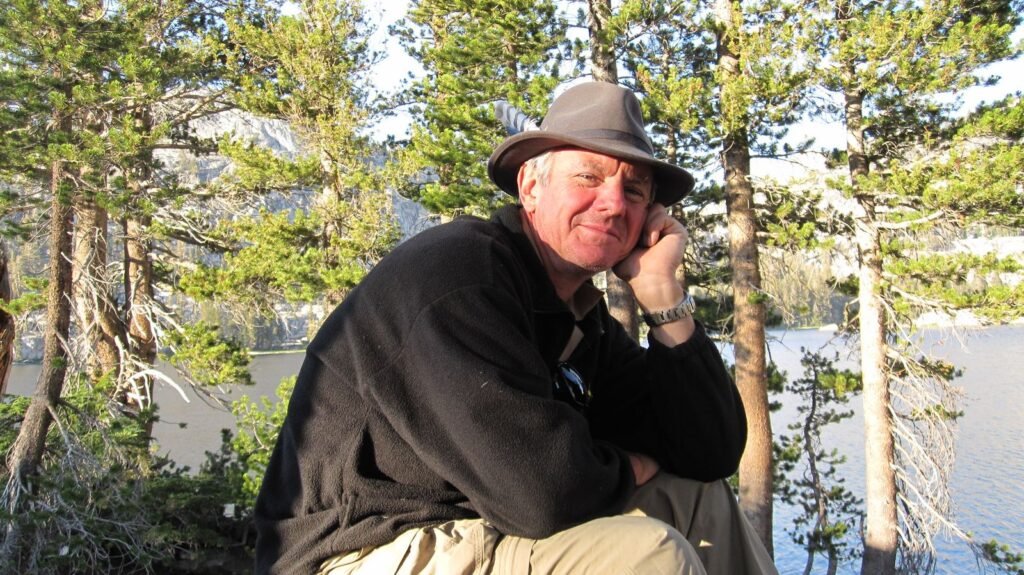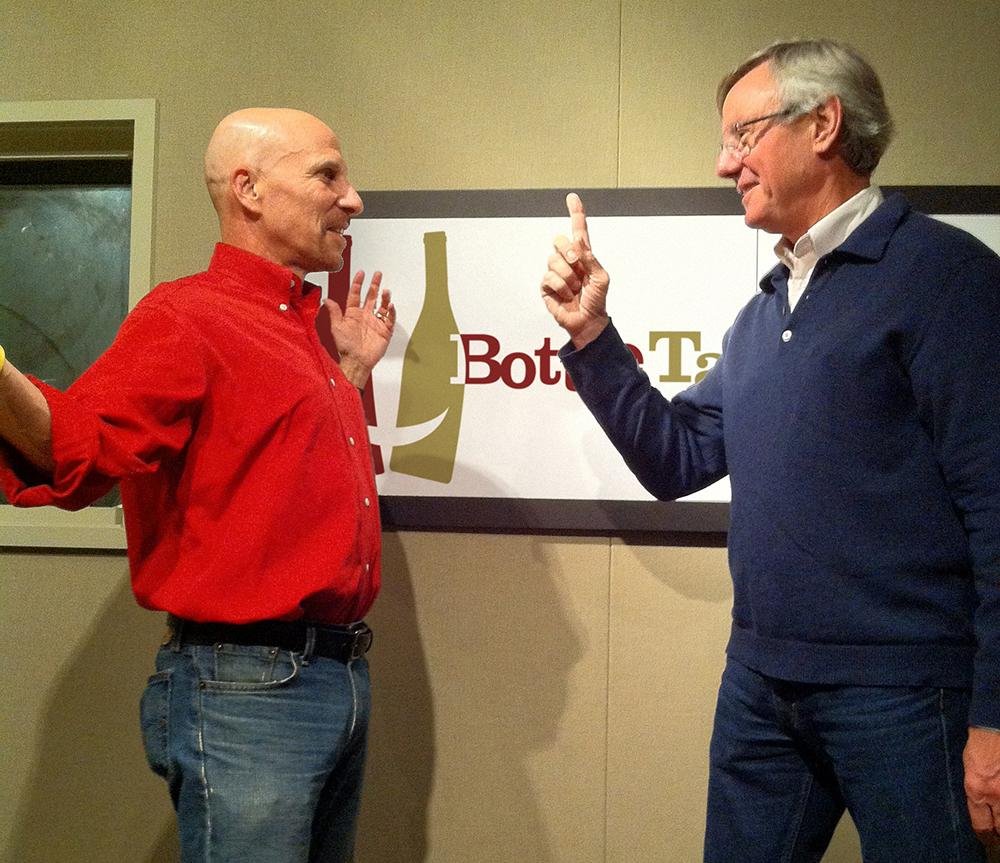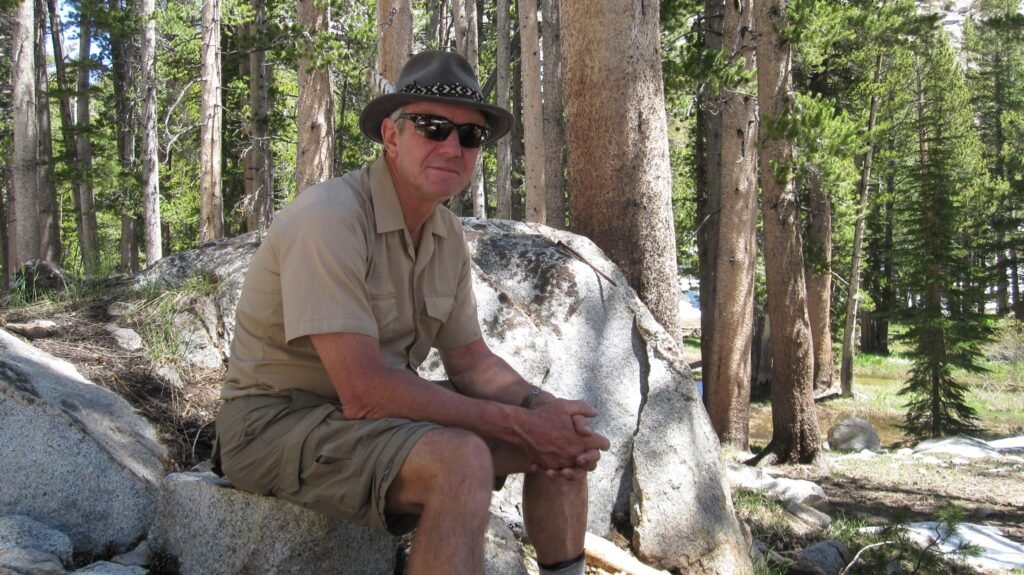Hannah Tovey: «The importers have always been the bedrock of London Wine Fair. As largest global importer of wine, their presence is an essential part of the show’s success»
On the cusp of 2026, a headline from London sent ripples through the global wine community: Britain’s most influential wine event, the London Wine Fair, has been acquired by a new company, Vindustrious. Yet for participants, the shift proved far less dramatic than it first appeared – the new venture is led by none other than the fair’s long‑standing Head of London Wine Fair, Hannah Tovey. Drinks+ had the privilege of speaking with Ms Tovey about the evolution and future direction of this iconic exhibition. Given the scale of the changes, our conversation turned out to be a long one – but well worth your patience.
London Wine Fair 2026 will take place from 18th to 20th May at Olympia and will mark the 45th anniversary of the exhibition. This year brings exciting news: Vindustrious has acquired the London Wine Fair, and you have become the owner and head of this new world-class expo operator. Could you tell us more about the reasons behind this transition and its expected impact? How would you define it – “federalization,” a “new chapter,” or perhaps a “divorce”? And what future plans arise from this change?
“London Wine Fair transferred ownership from Hemming Group to Vindustrious – a new company I set up – at the end of October. Whilst the ownership has changed, all five members of the London Wine Fair team have remained in role, so in that sense the acquisition marks a “new chapter”. The transition will bring both stability and renewed momentum and marks a new era for London Wine Fair. The buyout happened because the previous owner – Hemming Group – wanted to focus on their core industries: infrastructure; transport; public sector and healthcare. The arena of drinks had become an outlier, so it made sense for them to sell the Fair. The buyout was very amicable, and it has happened with the blessing of the Hemming Group.
As the sale has happened part way through the build up to 2026, some of the plans were already in place and announced – such as the Host Nation initiative. There are further partnerships to be announced as we approach May, as well as the third iteration of our Icon Tasting series, but most gratifyingly we have seen a surge in exhibitor bookings since the announcement.”
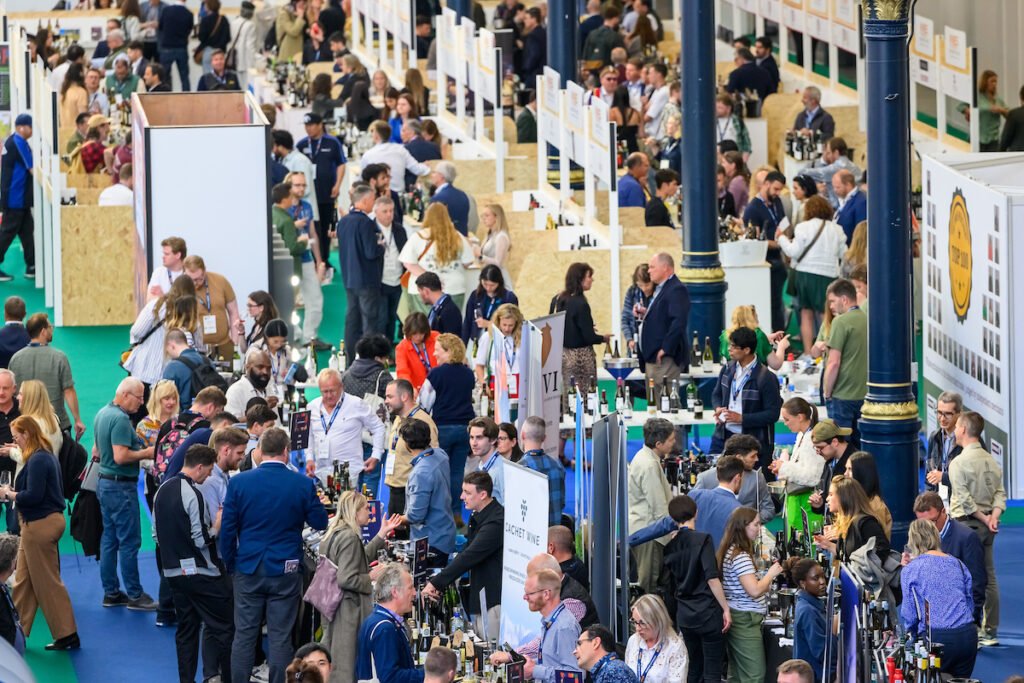
We have insider information that bookings and prospects for the 2026 exhibition are already 14% ahead of the same period last year. This growth follows the impressive success of the 2025 edition, which saw a 40% increase in revenue compared to the previous year. What other positive developments are you seeing following the transition? Could you also share your assessment of the effectiveness of the Host Nation initiative you introduced?
“Correct! And this is very much down to the success and growth of 2025. Two areas of the show have seen particularly significant growth: the Host Nation initiative, which will focus on producers from the UK, spanning all drinks categories. This initiative alone is set to bring more than 100 English wine producers to the show – we have already had to double the allocated space, such was the demand – so yes, this has been extremely successful. We are also set to double the size of Signature Serve; this is the spirits and mixers section of the show which launched in 2025. In the last couple of weeks alone we have secured big name spirits brands – including Pernod Ricard – which really underline the renewed status of the event.”
It would probably not be an exaggeration to compare you to the captain of a high-speed ocean-going yacht who has successfully steered the vessel through many turbulent years, including the pandemic. How do you see and feel yourself? Who are the key members of your team, and do you anticipate any changes in roles or personnel?
“I would say that sounds pretty accurate! I have worked in events for 25 years, including running seven London Wine Fairs. The last five years have seen the most challenging period of the show, against a backdrop of Brexit, the Pandemic and onerous taxation. But the team and I thrive on challenges! We created the industry’s first fully digital event during the pandemic, and a hybrid event thereafter. The Fair has become a key platform which the industry can use to debate and discuss the significant geo-political challenges and opportunities of our time. So, whilst the industry is seeing significant turbulence, we are also seeing our exhibitors seize opportunities through innovation and strategic decision making.
Alongside myself, the London Wine Fair team comprises: Kate Stretton (Director of International Sales); Mara Veith (Director of Sales: UK, France and Asia); Holly Boatright-Wilson (Marketing Manager); and Kasie-Ella Dixon (Marketing and Sales Executive). And Dan Warner joined the team at the beginning of the year, as Sales Manager for Signature Serve, the spirits section of the show. Between us we have a terrifying number of years in the drinks industry and events in general. We have a great energy as a team and each one of the team brings a unique and colourful personality and level of experience and knowledge that is a joy to work alongside.”

As we know, the London Wine Fair 2025 was shortlisted for an impressive four Exhibition News Indy Awards: Trade Show of the Year, Content Programme of the Year, Exhibition Growth of the Year, and Best Event Director – the latter recognising your leadership personally. Ultimately, the London Wine Fair received Highly Commended distinctions for both Best Event Director and Trade Show of the Year. Could you comment on these achievements? Which recognition is the most meaningful to you, and which one was the most challenging to attain?
“This was an unprecedented number of awards in a single year for the event. Being Highly Commended for both Best Event Director and Trade Show of the Year categories meant so much to us all – putting on London Wine Fair is very much a team effort after all – so I would say the Trade Show of the Year was the most meaningful to me personally.”
Over the past three years, we’ve witnessed a noticeable intensification of competition among the leading drink-sector exhibitions, with Paris and Düsseldorf actively vying for dominance. Yet, regardless of how the global “podium” may look today, London continues to hold a truly unique position. In your view, what specific characteristics of the British market allow London to maintain this special status? Would it be fair to say that one of the strongest assets of the UK market is its deeply rooted trading capacity – the network of importers, buyers, and companies whose expertise and international connections in the wine trade have been shaped over centuries?
“With Wine Paris and ProWein only a month apart from each other, we are seeing producers deciding to choose either one or the other of these larger events in addition to participating at London Wine Fair later in the year. So we are not really seeing an impact on us. The UK is the largest importer of wine in the world, as well as the largest exporter of spirits, so in that regard it essential for any producer looking to do business in this market and beyond. It is of course a highly competitive market, so events like London Wine Fair are essential platforms for getting products in front of the UK’s drinks buyers and decision makers. In terms of reaching this audience, London Wine Fair is unrivalled.”
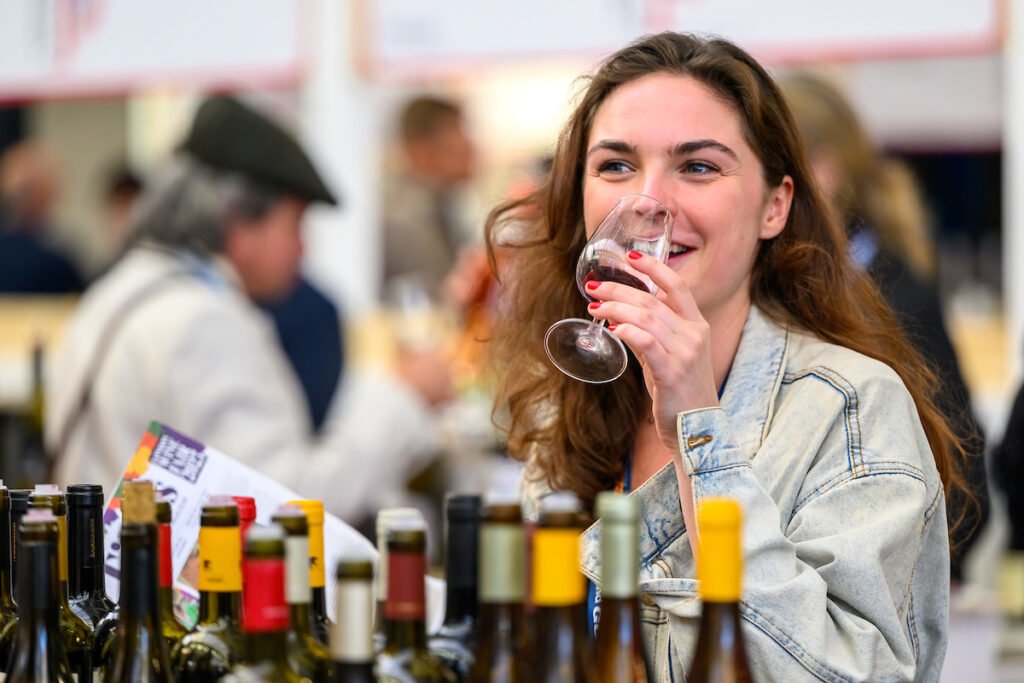
If we are not mistaken, the London Wine Fair is perhaps the only major international exhibition where importing companies are represented so actively as exhibitors. How do you encourage their participation? What mechanisms or initiatives help you strengthen exhibitors’ motivation?
And on the other side of the equation – how do you increase buyers’ motivation to attend the Fair and participate in its various events? In this context, could you tell us more about the Drinks Buyers Awards and their role in attracting and engaging the buying community?
“The importers have always been the bedrock of London Wine Fair. As largest global importer of wine, their presence is an essential part of the show’s success. Leading agents like Hatch Mansfield and Les Producteurs et Vignerons de France have been with us since day one, and alongside other long-term supporters like Buckingham Schenk; Beyond Wines; ABS Wine Agencies and Felix Solis, see the Fair as pivotal event in their calendar. We were delighted to welcome Mentzendorff back to the show in 2024, and then to see them double the size of their stand in 2025. This year we are looking forward to seeing more importers of all sizes back to the main Trading Floor of the show, including Seckford Wine, returning to the show. They participate because London Wine Fair is an essential part of their sales strategy. They know they will be able to have meaningful meetings with buyers as well as key decision makers and foster relationships with those in customer facing roles; retail managers and sommeliers for example, as well as media. Our ratio of exhibitors to visitors is currently unrivalled in drinks industry events, at 22:1, around four times that of its international competitors.
Our Drinks Buyers Awards – an updated iteration of our Wine Buyers Awards, to recognise our uplift in spirits and no and low alcohol buyers attending the show – do give added pull for our most influential visitor audience. We have had a record number of entries this year illustrating the exceptionally strong credibility these awards have garnered.”
Could you name some of the most reputable trade structures and explain how they typically work with your exhibitors? How have priorities in this area changed today? What characteristics of producers have become most important when selecting partners, and what trends are influencing changes in buyers’ assortment portfolios?
“We work closely with the Wine & Spirit Trade Association when building content for the show. They always host an Industry Briefing, bringing debate on the issue of the day to the UK, via our platform. There has been no shortage of content over the last few years as the global industry has faced so many challenges, from Covid-19 to tariff chaos.
The UK market is particularly diverse, which means that producers coming here seeking representation, are not necessarily restricted to a particular characteristic. We are seeing growth in lower alcohol wines as well as No and Low products, reflecting the fast growth of this sector. But equally, we are seeing demand for wines from all corners of the winemaking world, particularly those from off the beaten track. We are seeing increased demand for sustainable products across the board, and over recent years we have seen producers proudly showcasing these initiatives, something which we actively champion.”
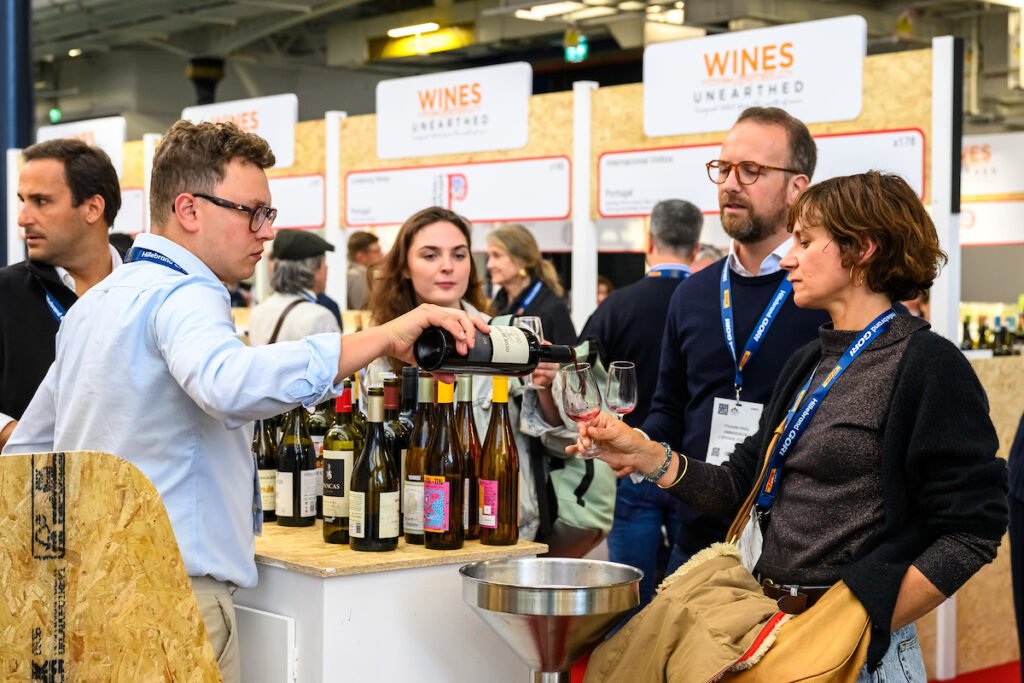
As we understand it, LWF 2026 will see several debuts – both among buyers and among exhibitors from adjacent or entirely new sectors. Could you introduce the most notable newcomers, or those that you consider particularly significant?
“Our most exciting debut is our Host Nation initiative, introduced to showcase a specific country or region as the centrepiece of London Wine Fair. For the first year, the focus will be on British producers, including English and Welsh wine. We have been absolutely thrilled with how positively this has been received. Our original English Wine stand sold out, this dedicated space has now doubled in size, with 50% of this already allocated; expectations are that more than 100 UK producers will sign up in time for May, exceeding the original target; an almost five-fold increase on 2025. It is great to see so much optimism and growth in this sector.
We are set to see a really interesting mix of English wine producers, including: 1276 Wines; Balfour; Bolney; Chapel Down; Everflyht; Flint Vineyards; Gusbourne; Roebuck; Sandridge Barton; Simpsons; and Williams Family Wine, along with 30 producers from Defined Wines, which will host a Pop-Up Tasting on the middle day. WineGB is also supporting Host Nation and is taking a stand within the Host Nation area, with an education focus. And we are also updating our annual Wine Writers Edit – the list of 30 “must taste” wines – selected by 10 of the UK’s leading wine writers and influencers ahead of the show; one of the three products to be selected by each of the wine writers must be British.
In terms of other new and returning visitors, we are absolutely delighted to welcome back Chile’s Luis Felipe Edwards, celebrating their 50th anniversary this year, as well as Wines of Washington, Virginia Wines, Bordeaux, Sherry and – for the first time – Friuli. We are looking at a really exciting and diverse range of exhibitors this year.”
It would probably not be an exaggeration to say that the dynamic – and highly exhibition-attractive – landscape of the British drinks market is shaped to a large extent by key figures such as Oz Clarke, Jancis Robinson, Robert Joseph, and the many Masters of Wine who live and work in the UK, as well as influential media including The Drinks Business, Decanter, The Wine Merchant, and others. Every ambitious producer worldwide seeks to be on their radar. Which of these opinion leaders and media representatives will take part in LWF 2026, and in what capacity?
“All the influential drinks media publications will be participating in the 2026 show in some capacity, be it through exhibiting, hosting events, or collaborating on what will be a rich timetable of industry briefings and masterclasses. It’s too early to say which key opinion leaders and influencers will be involved on an individual basis, but we have attracted a very high calibre audience in the last two years through the Icon Tasting, which will see its third iteration in 2026. Last year’s judges included: Susie Barrie MW, Writer & Broadcaster, Wine Blast podcast; Sam Caporn MW, Director – The Mistress of Wine; Oz Clarke, broadcaster, author; Tom Hewson, Champagne Correspondent, Decanter; Alice Lascelles, Journalist at Financial Times; Matthieu Longuere MS, Wine Development Manager, Cordon Bleu; Peter Richards MW, Writer & Broadcaster, Wine Blast podcast; and Siobhan Turner MW, Wine Consultant.”
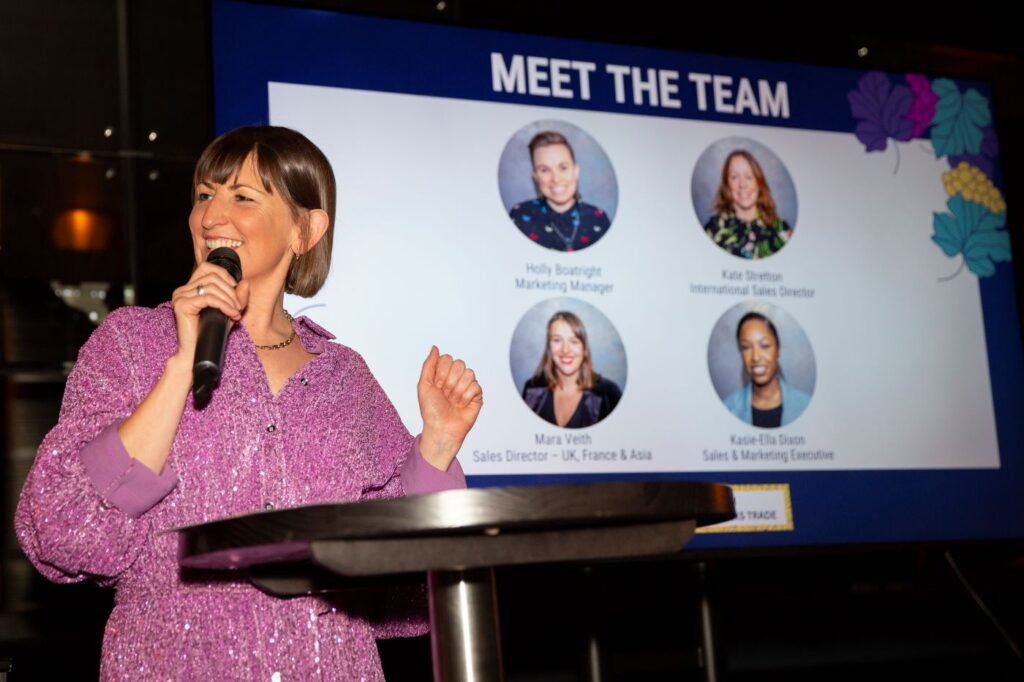
Your own marketing experience is virtually impeccable: you led the digital transformation of the London Wine Fair and are credited with founding Imbibe Magazine, one of the industry’s leading publications. From your perspective, what is the role of media today – both digital and print – in shaping the modern wine industry? Which formats or channels do you find most effective, and why? What are the primary communication and promotional channels you plan to focus on going forward, both within the UK and internationally?
“The role of media today is more important than ever. We are incredibly lucky in this market to have such a breadth of knowledgeable and reputable journalists, wine writers and publications within such a diverse array of platforms, be it print, digital, social or broadcast. I don’t think it is an exaggeration to say the UK drinks publications are unrivalled and are seen as the voice of the industry the world over.”
As announced on your website, following its notable debut in 2025, the Signature Serve section – showcasing premium spirits – is set to make an even greater impact in 2026. What new elements or experiences will this space offer? And which audience segments is it primarily designed to attract?
“We created Signature Serve specifically for an audience of top end UK based buyers and distributors, from leading cocktail bars to independent retailers and multiples, because we could see the demand was there. Our research showed that more than 2,000 decision makers working in spirits were already attending and this was down to the increasing crossover between wine and spirits buying roles. London Wine Fair was already an essential part of their wine-buying remit, but there weren’t enough spirits exhibitors to meet their demand.
“The inaugural show was a huge success with several exhibitors signing up for 2026 on-site – including Brixton Spirits; Beckford’s Rum and O’Donnell Moonshine, which is increasing their stand space by 500%. We also have a wealth of companies coming for the first time, including Vincenzi; Regal Rogue; Sacred Spirits; Brands Jalisco; Casoni; Claxton’s Spirits; Foreva Farmers; Frontline Spirits; No & Flow Brands; Pernod Ricard; Pillars Brewery; and Veda Mushroom. We are expecting the space to double for 2026.
“As in 2025, we will run Signature Serve’s Sundowners Session on the Monday evening; Fifty VIPs, comprising the UKs top spirits buyers and media, will be invited to attend this “after hours” event where exhibitors will prepare “signature serve” cocktails. This will be exclusive sampling occasion, for a VIP audience, with many of the cocktails reflecting the cutting edge trends in mixology.”
“The Signature Serve Theatre will also see a 25% increase in content, and this will be led by our Ambassadors, Millie Milliken, the award-winning drinks and hospitality writer; and Liam Davy, Head of Bars for Hawksmoor Restaurants.
“We can also share that we will be including a brand-new spirits focused category – as well as No&Lo – to our Drinks Buyers Awards, originally created as the Wine Buyers Awards in 2020. There will be two Spirits Buyer Awards which will recognise outstanding buyers up for grabs, the off-trade: Spirits Buyer Supermarket/Multiples) and Spirits Bury (On-Trade).”
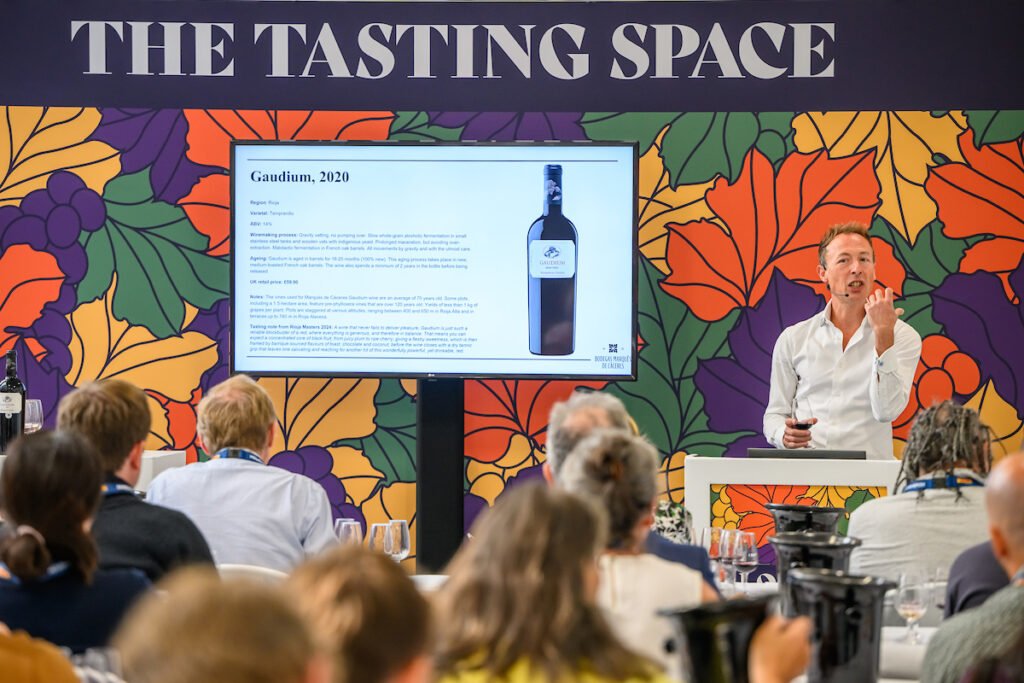
As we know, you plan to devote special attention to the low & no-alcohol category. In which space and format do you intend to present this segment? What other key industry trends will be highlighted at the fair, and how will they be showcased?
Our Mindful Drinking Experience, delivered in partnership with Club Soda, enters its third year of growth –underscoring the rising significance of the No & Low category. Now in a more central location, the experience proudly welcomes back returning exhibitors including Zeno, Jörg Geiger, Smiling Wolf and Wednesday’s Domaine, alongside new international additions such as Oh My Baie from France.
We’re also excited to celebrate a major milestone with Eisberg, one of the UK’s leading alcohol-free wine brands, as they sponsor our newly launched No & Low Drinks Buyer Awards. Eisberg will unveil a dedicated influencer and selfie space within the Mindful Drinking Experience, located alongside their stand.
A key emerging trend within No & Low is the Mid-Strength category, increasingly popular for moderation through sophisticated, flavour-forward products. We’ll be showcasing pioneering brands in this space, like 6 Percent and Future Château. In addition, the programme will feature a minimum of three masterclasses exploring trends, new product development, and practical strategies to monetise No, Low and Mid-Strength drinks across the on and off trade.
We will also be shining a spotlight on sustainability with a brand new partnership, details of which will be announced very soon!
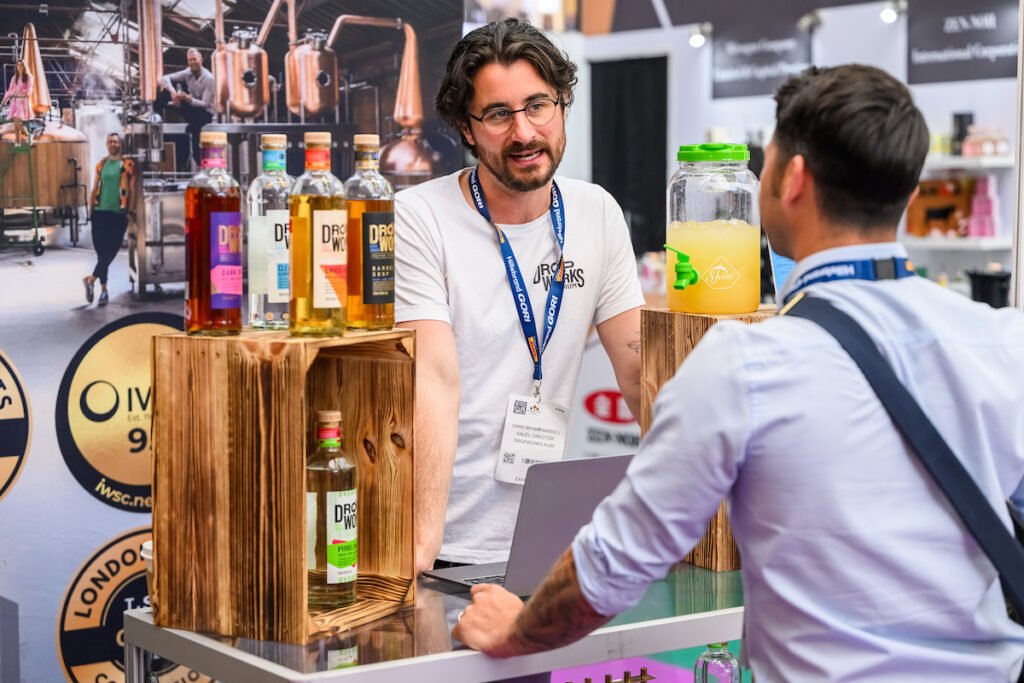
In 2024, our media group Drinks+ had the honor of serving as the information partner of the remarkable Judgement of London event. The star highlight of 2025 was the creative and dynamic Battle of the Bubbles. Are you planning a similarly outstanding competition for the upcoming edition?
“The Icon Tastings have been very well received and are now a firmly established element of the show. They were created to boost the fine wine element of London Wine Fair as well as become a significant talking point, and in that sense, they have been extremely successful with coverage on the results reaching all key markets around the world. Yes, there will be an Icon Tasting in 2026 and it will be managed by Sarah Abbott MW and Ronan Sayburn MS again; we are planning to announce the theme on the 24th February and what will be a high calibre judging panel in early April.”

Please share your advice for producers planning to participate in the London Wine Fair: how can they attract the attention of influential opinion leaders and buyers? The first tip is probably obvious – register as an exhibitor ))). But what should they focus on next?
“Registering early to maximise all the opportunities available is advisable. Beyond this, producers should identify how to ensure their products can capture the attention of their target audience, be it buyers, retail managers, bartenders or media. Use the show to launch new products with engaging storytelling which will resonate. Highlight any innovations or trends which capture the zeitgeist: low and no, sustainability, clever packaging, for example. Participate in the sessions taking place in the shows theatre spaces, as a panellist or within the audience. Investigate sponsorship options to boost visibility beyond your stand. Upload your products onto the show’s database, run by Bottlebooks, to enhance your visibility. Engage with the visitor audience early on within our networking platform and book-in on stand meetings and 121 tastings with your key targets.”
⇒ Join our social networks ⇒ Optimistic D+ editors will take this as a compliment.
⇒ Every like is taken as a toast!
On the cusp of 2026, a headline from London sent ripples through the global wine community: Britain’s most influential wine event, the London Wine Fair, has been acquired by a new company, Vindustrious. Yet for participants, the shift proved far less dramatic than it first appeared – the new venture is led by none other […]

